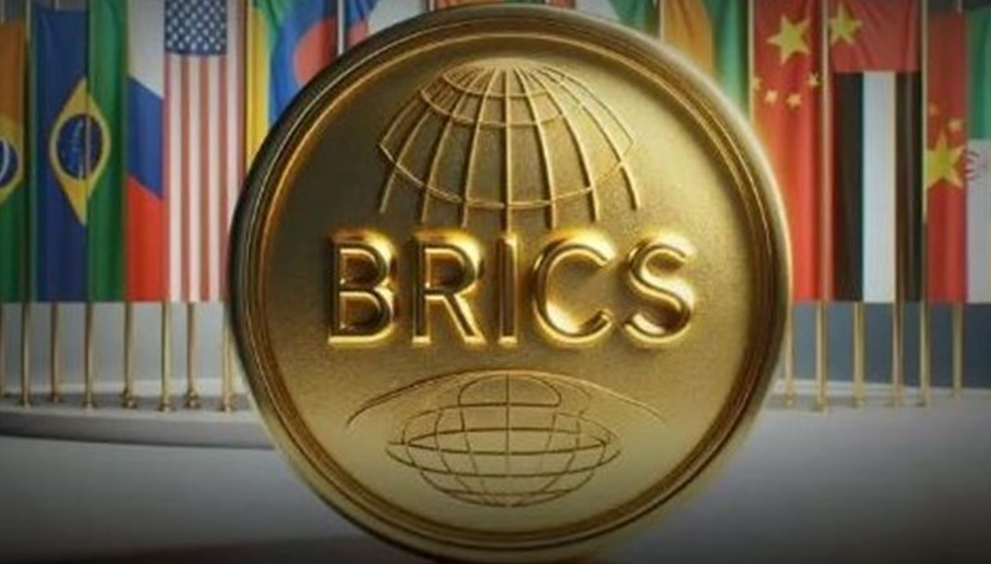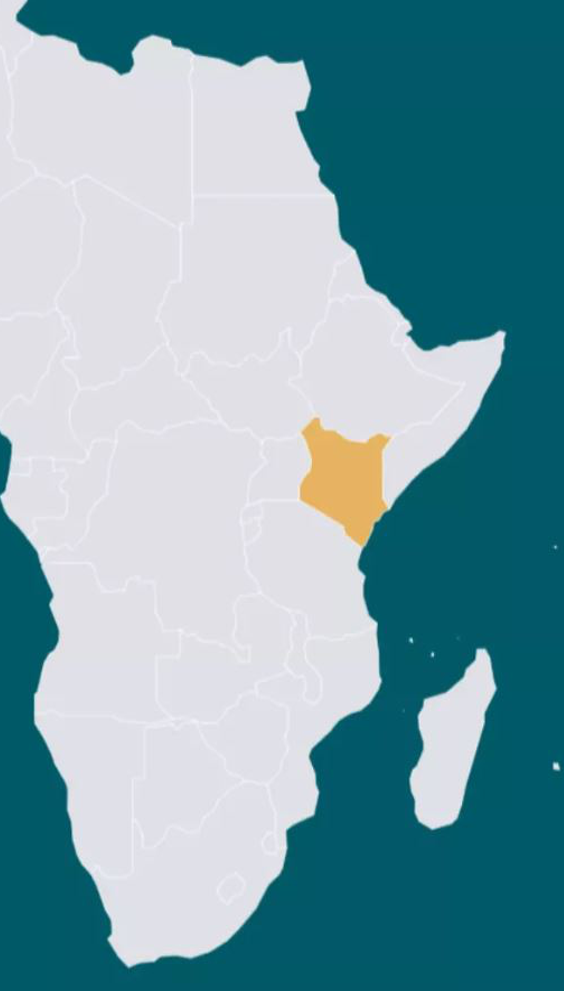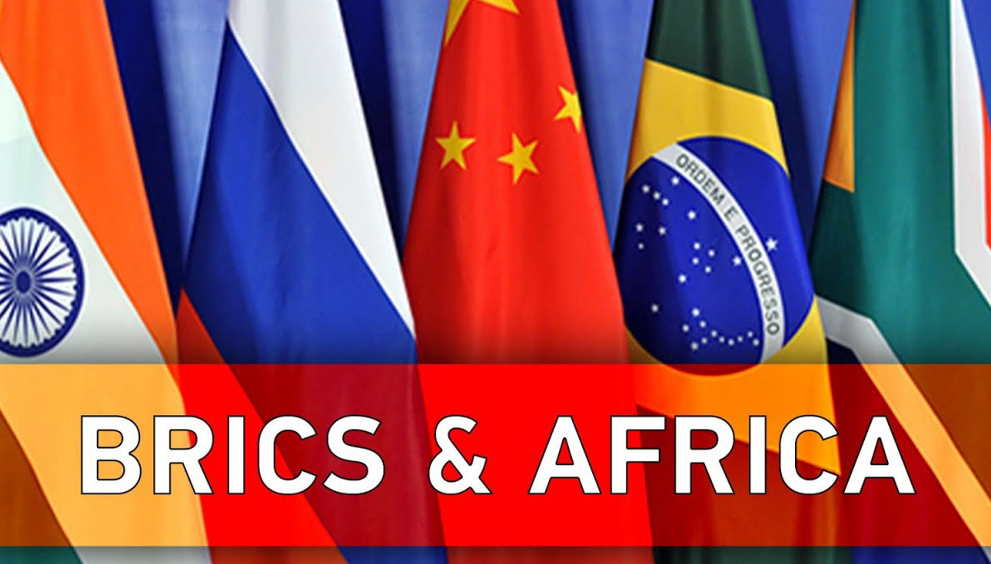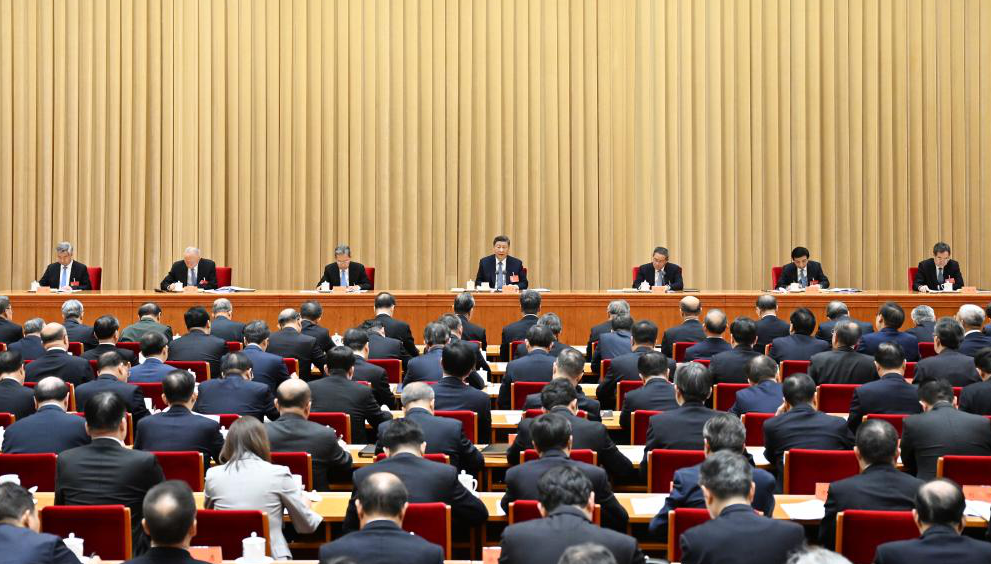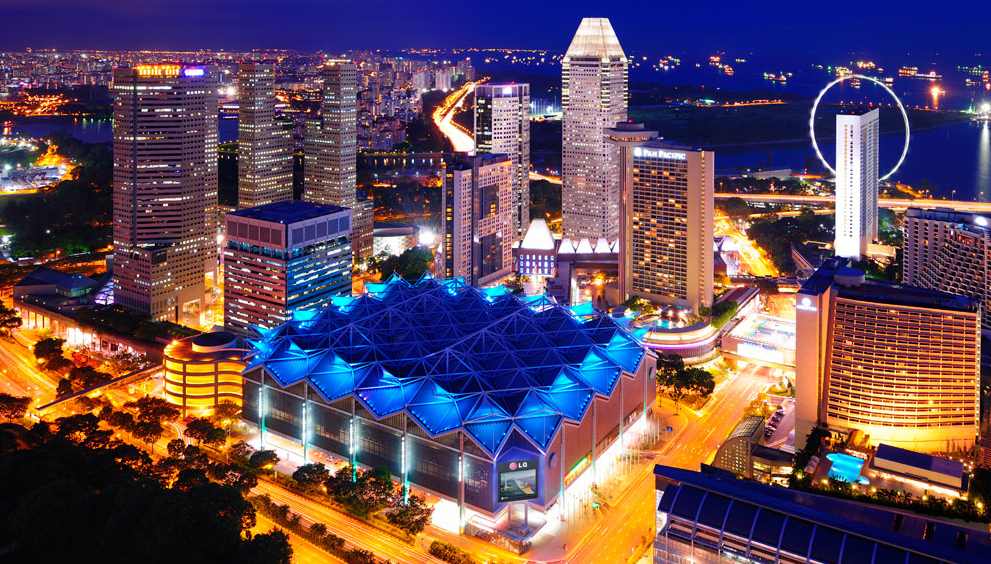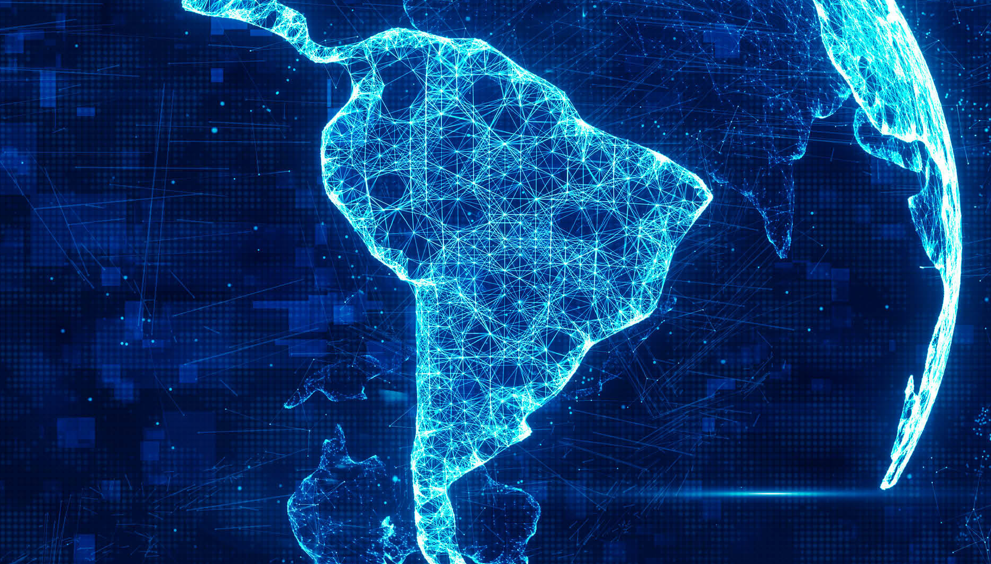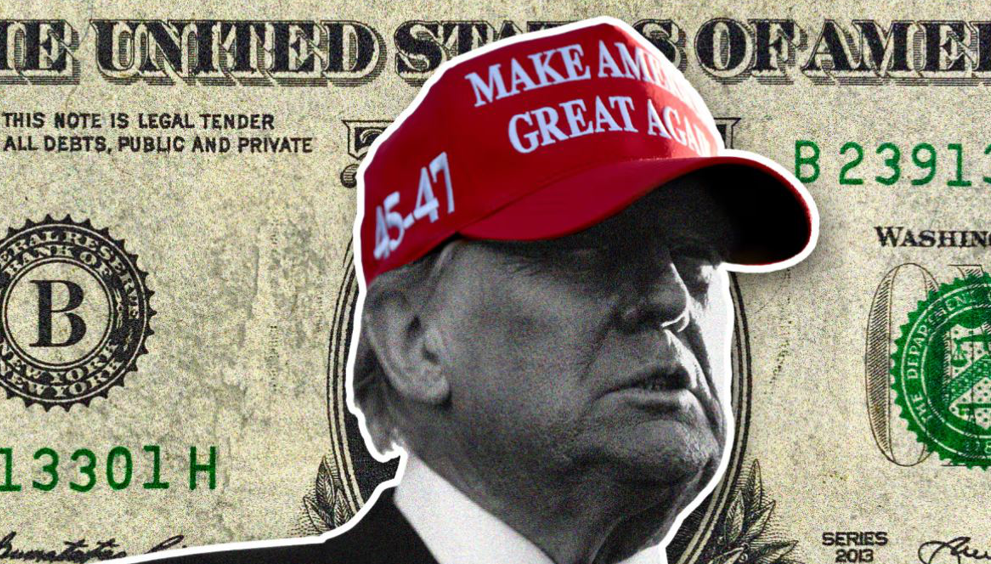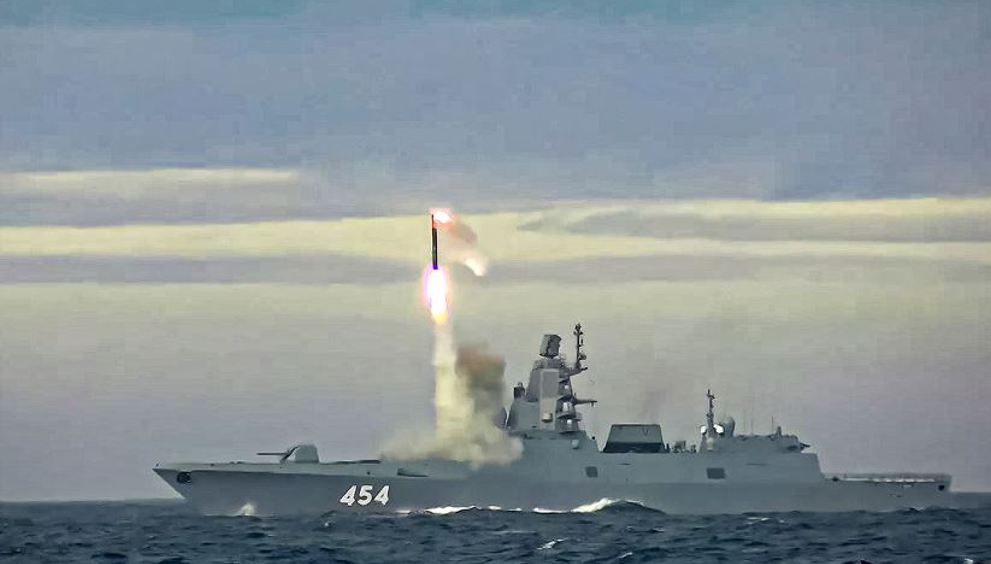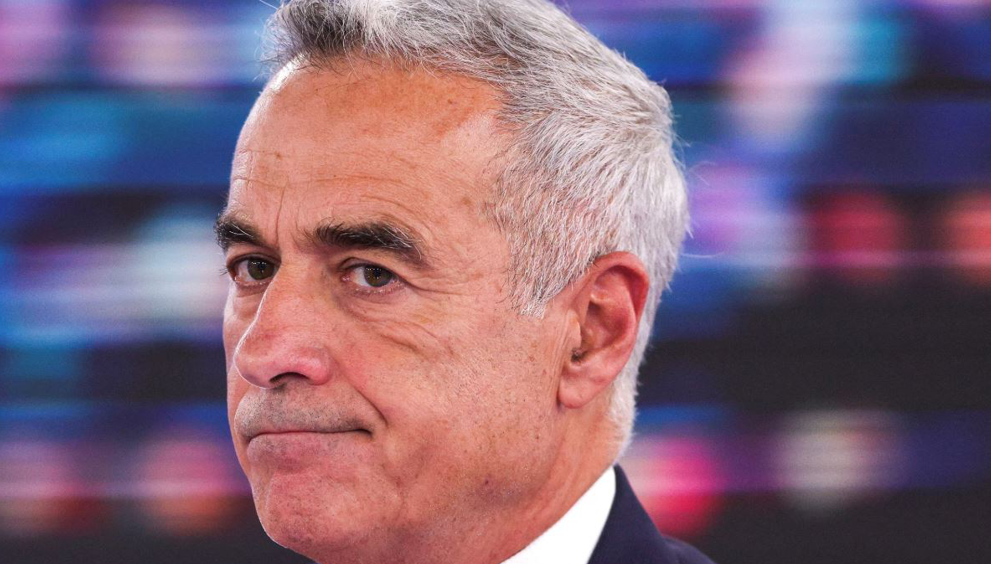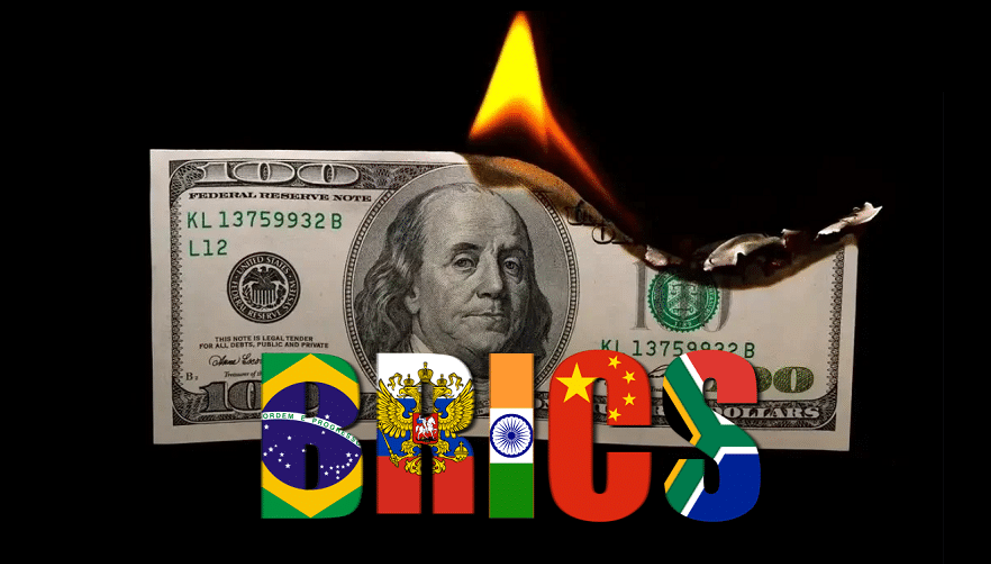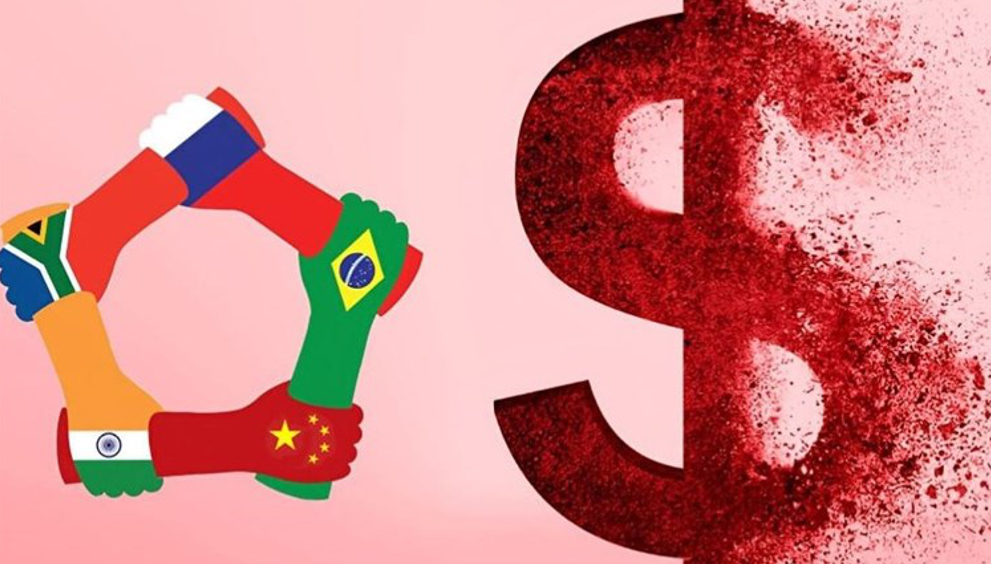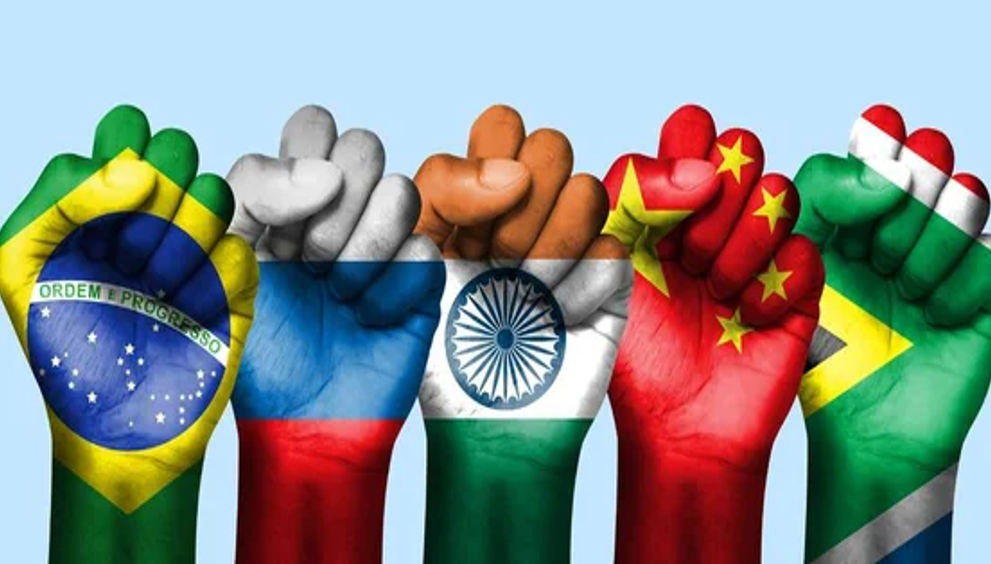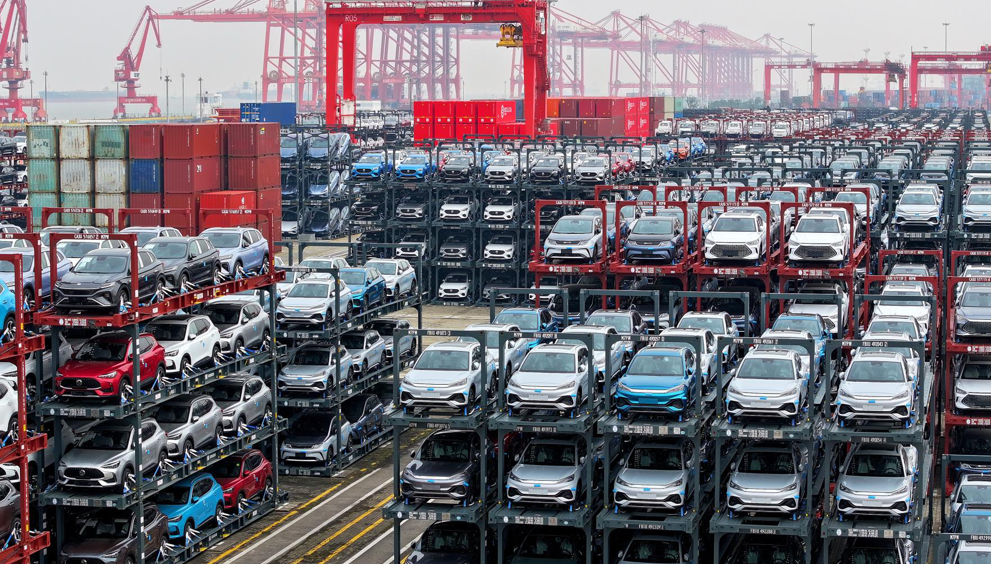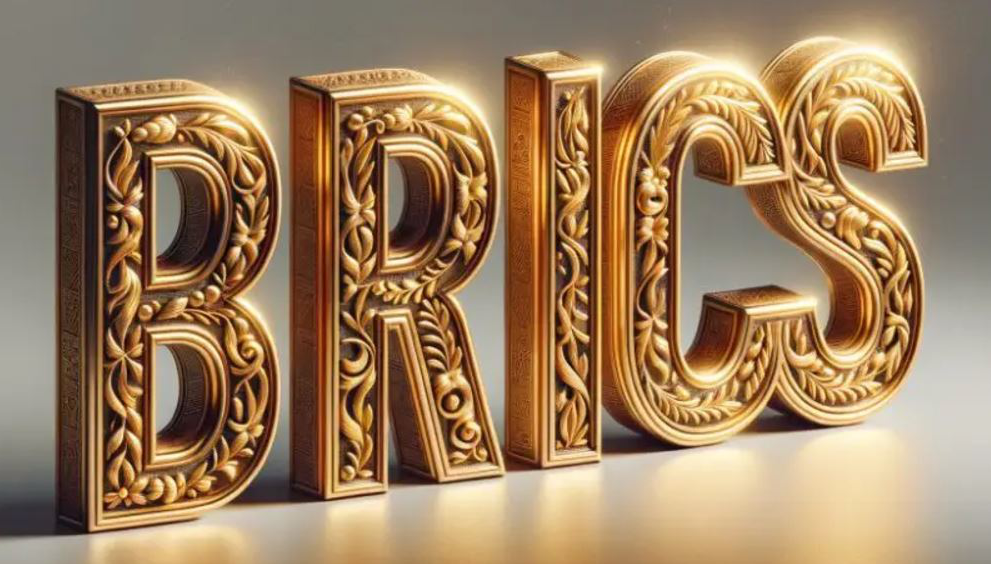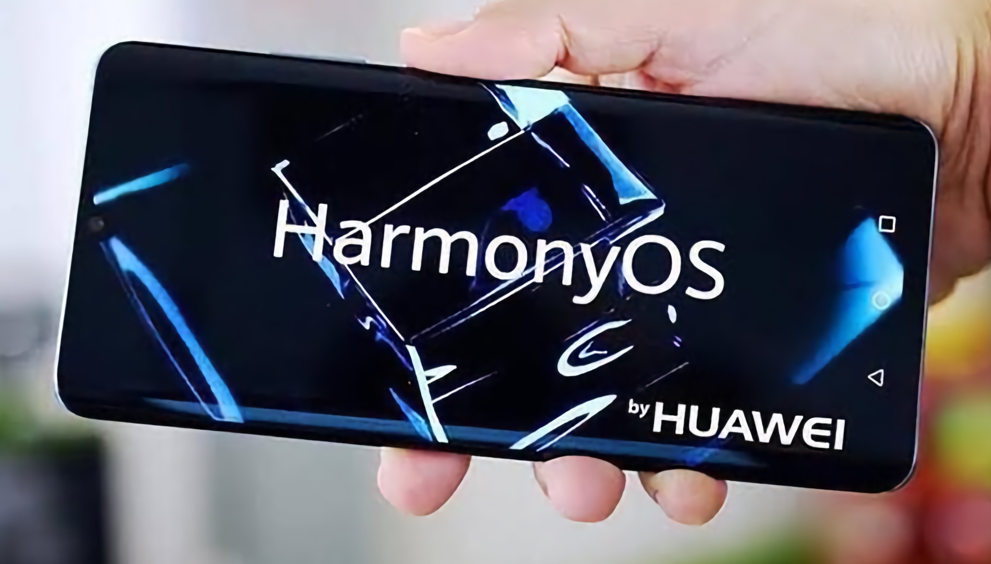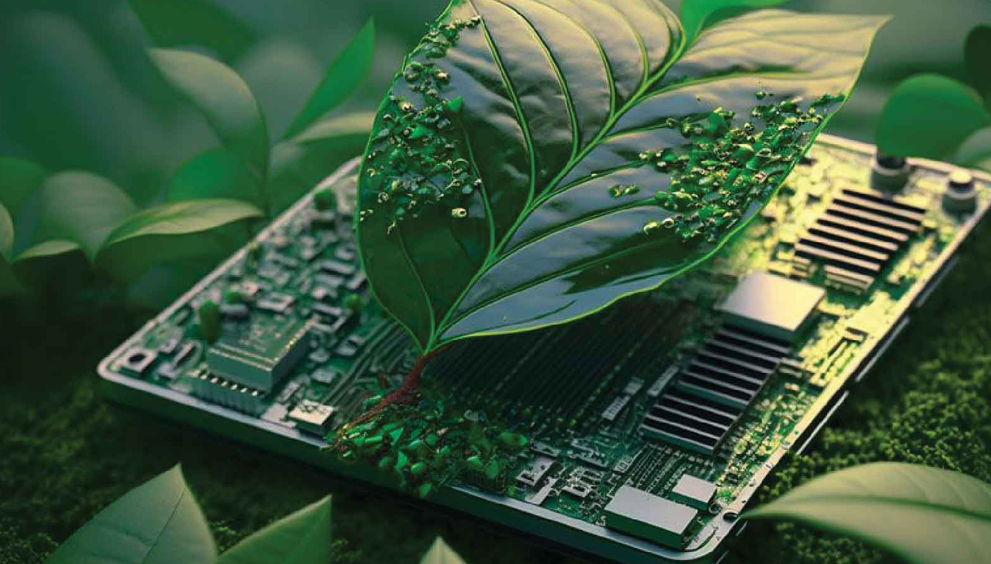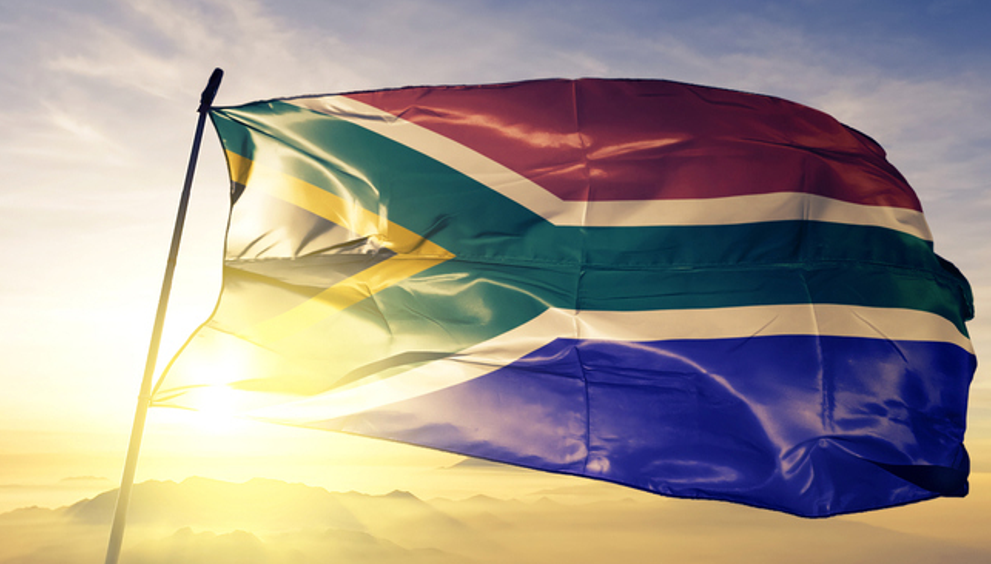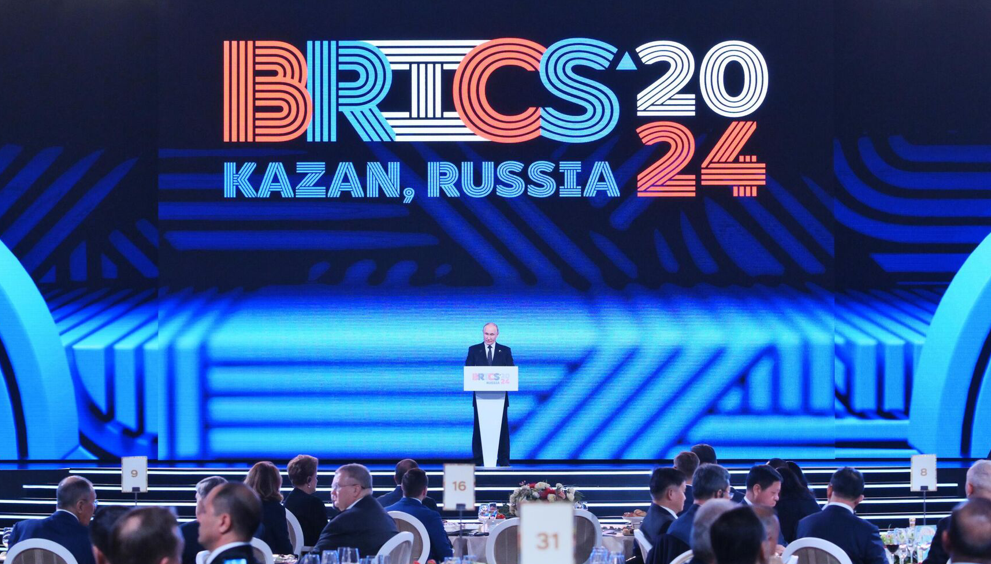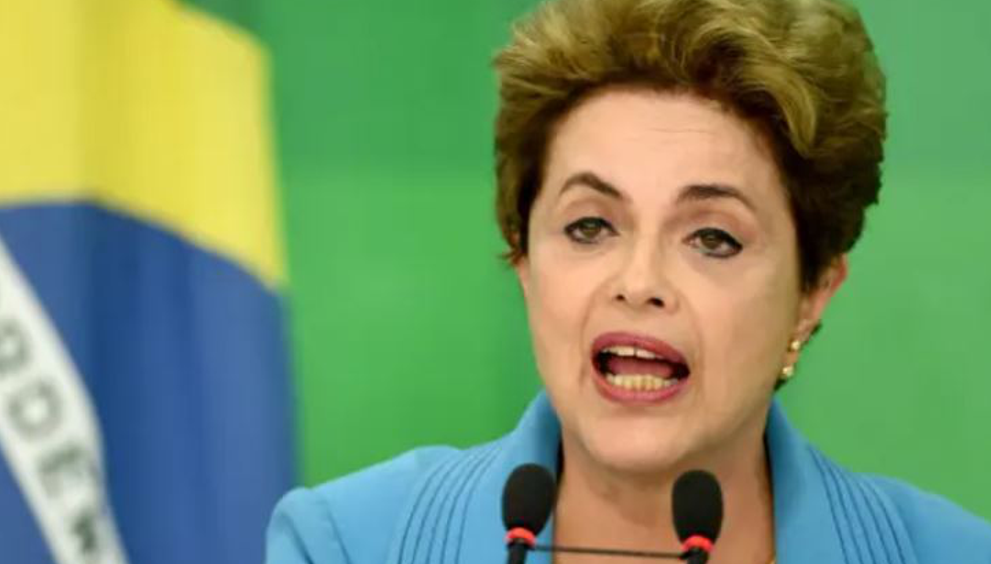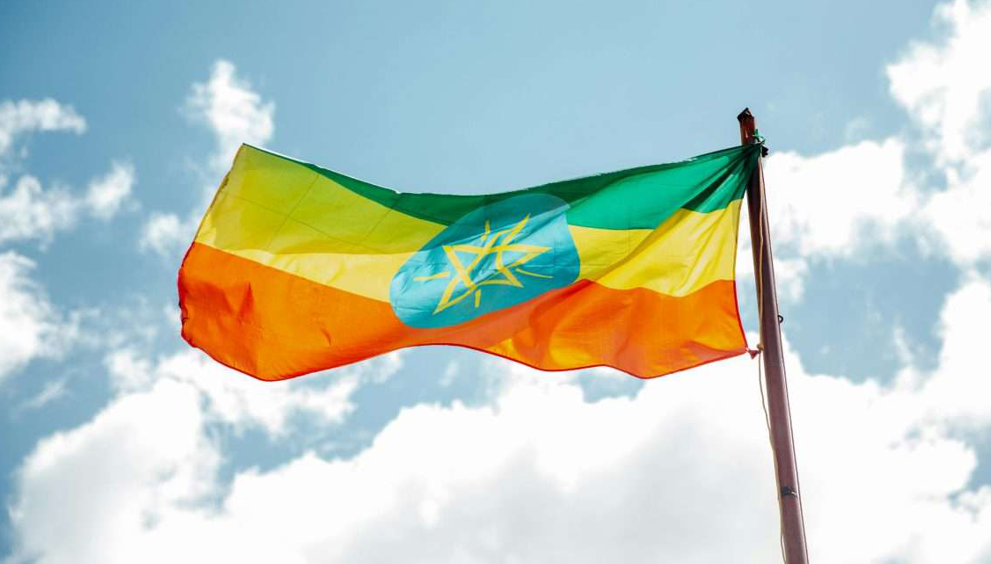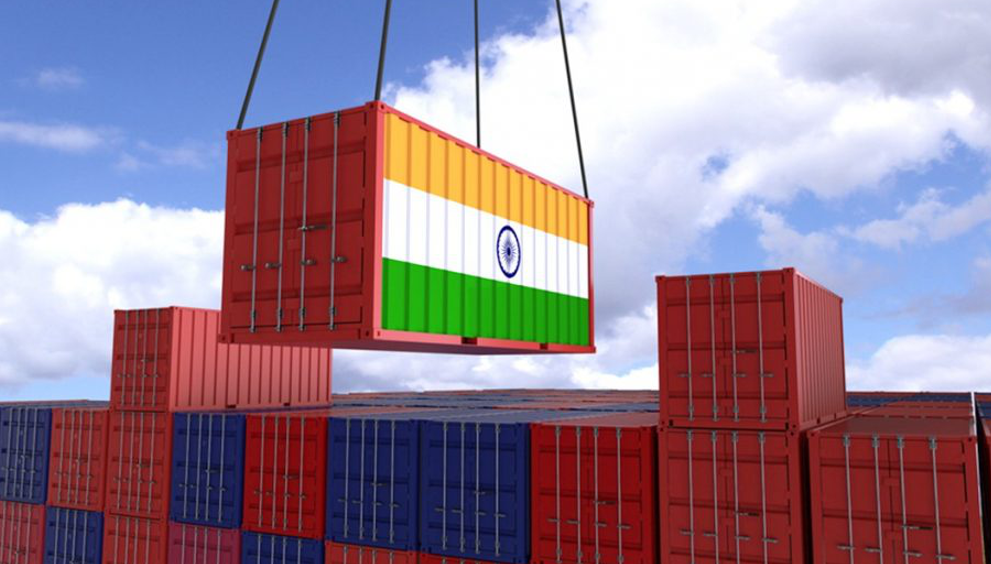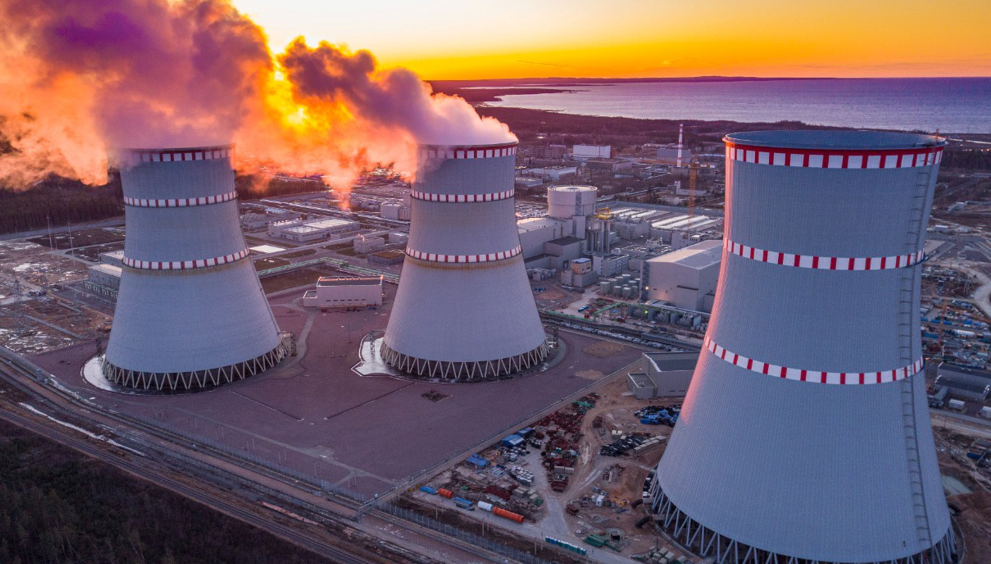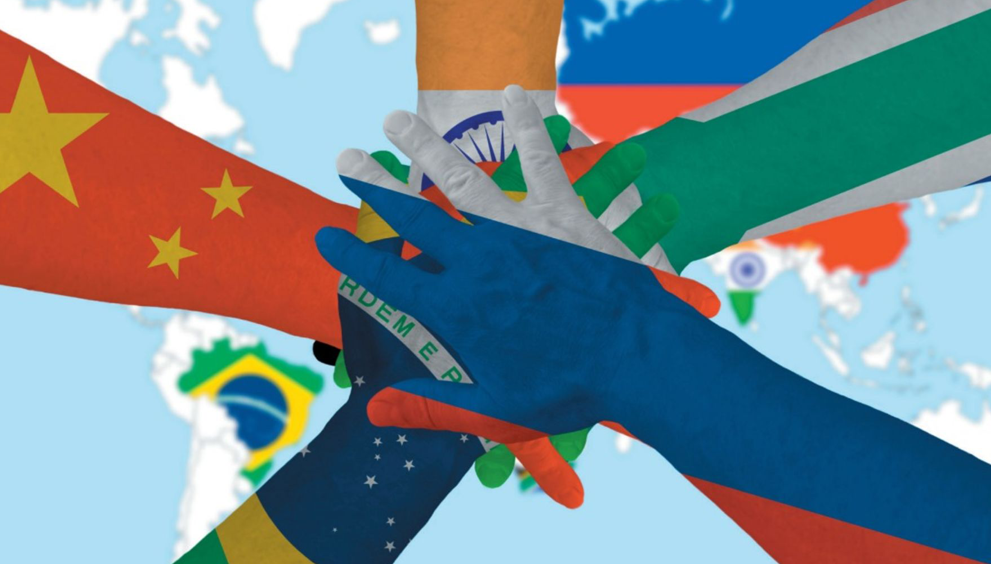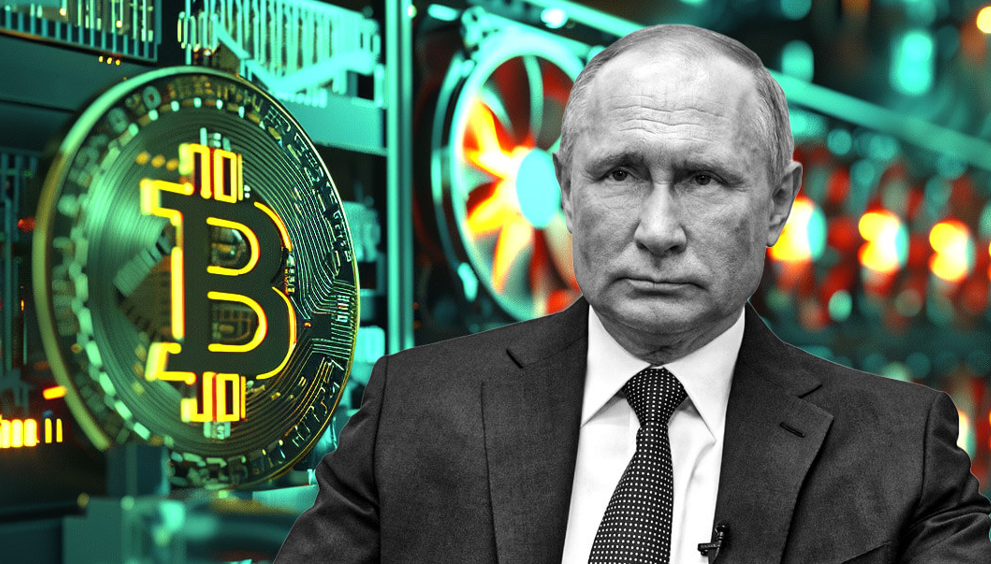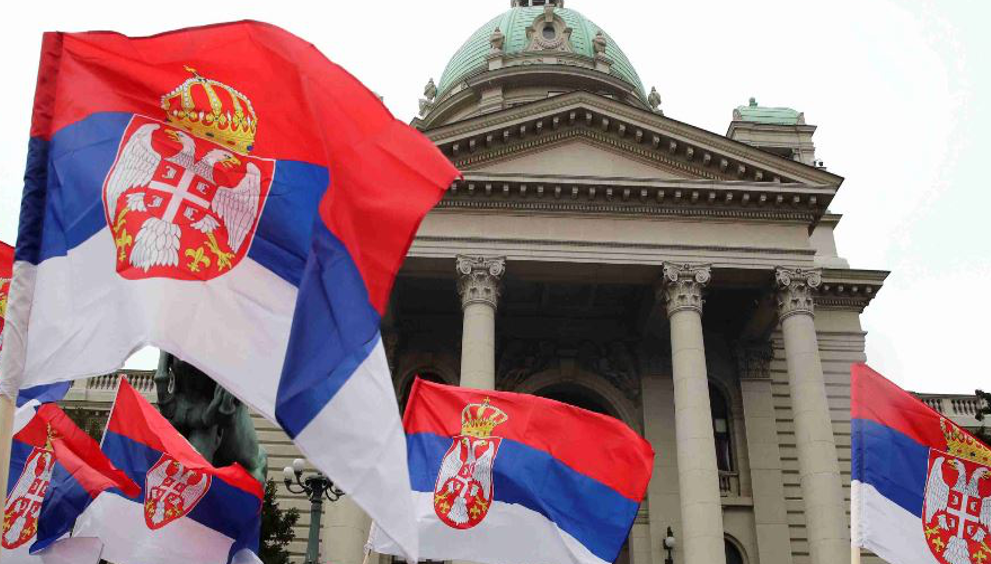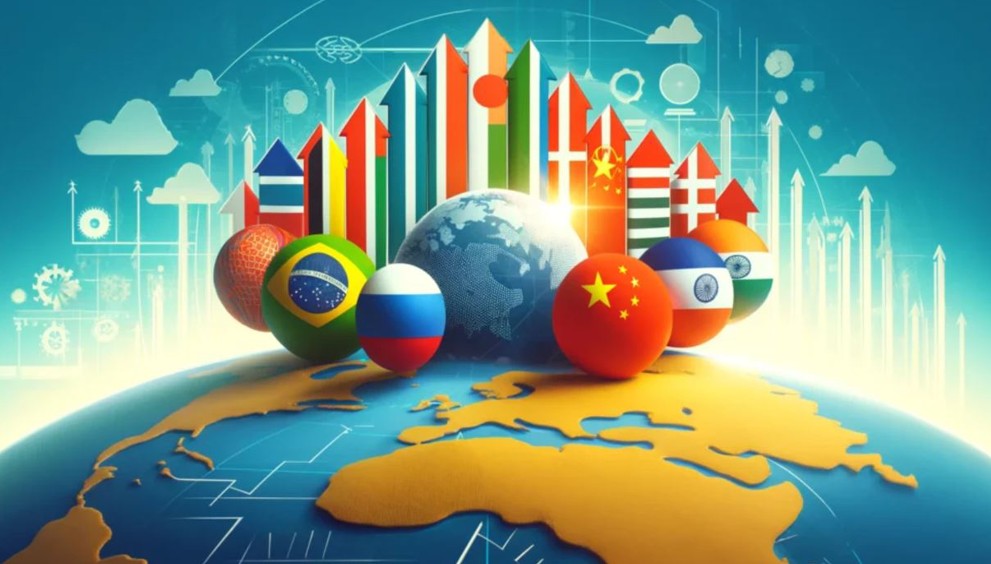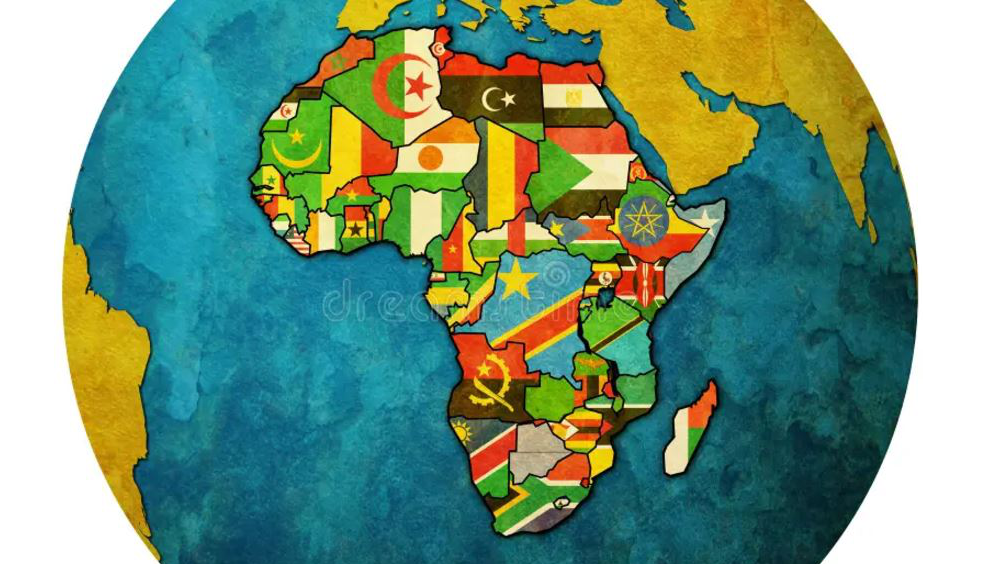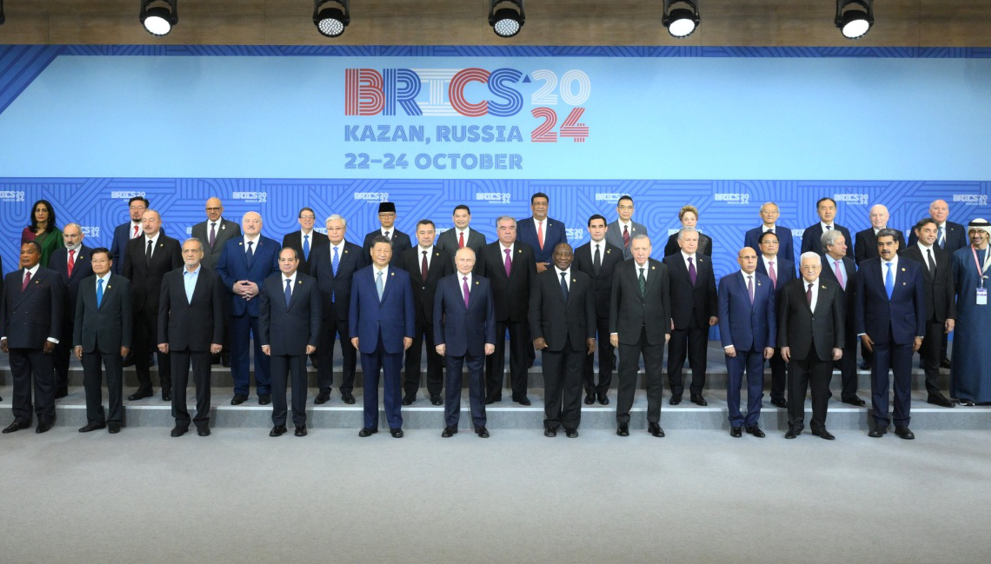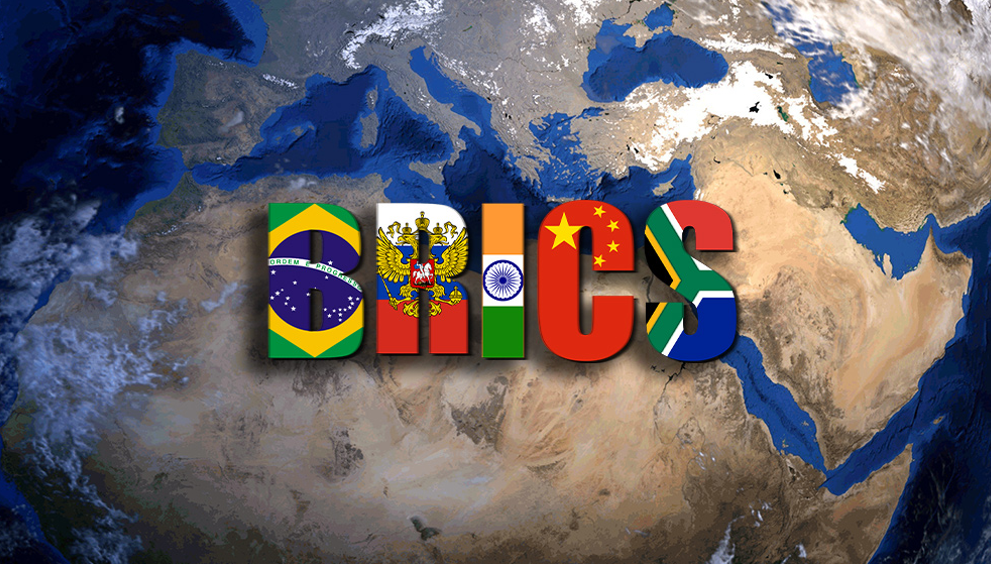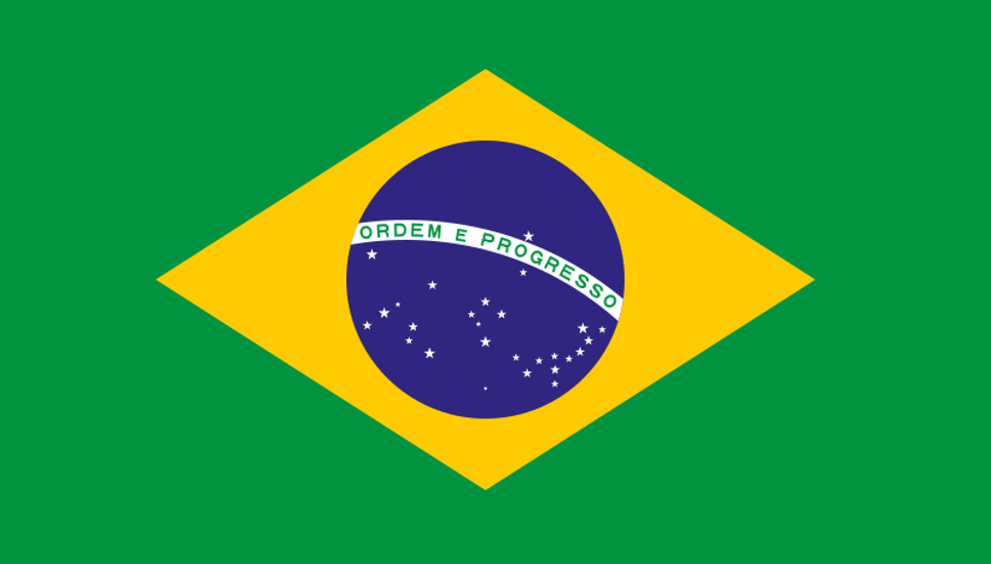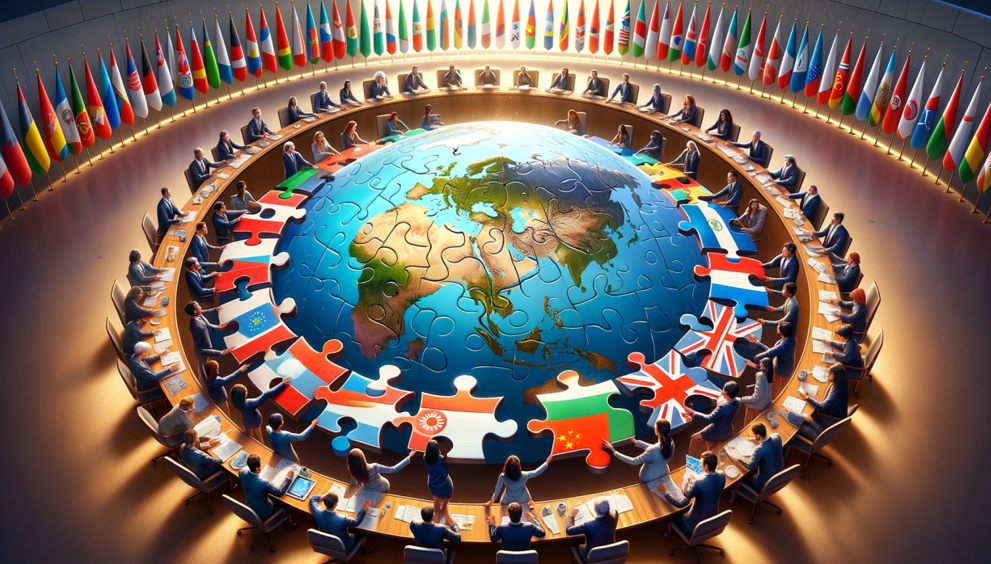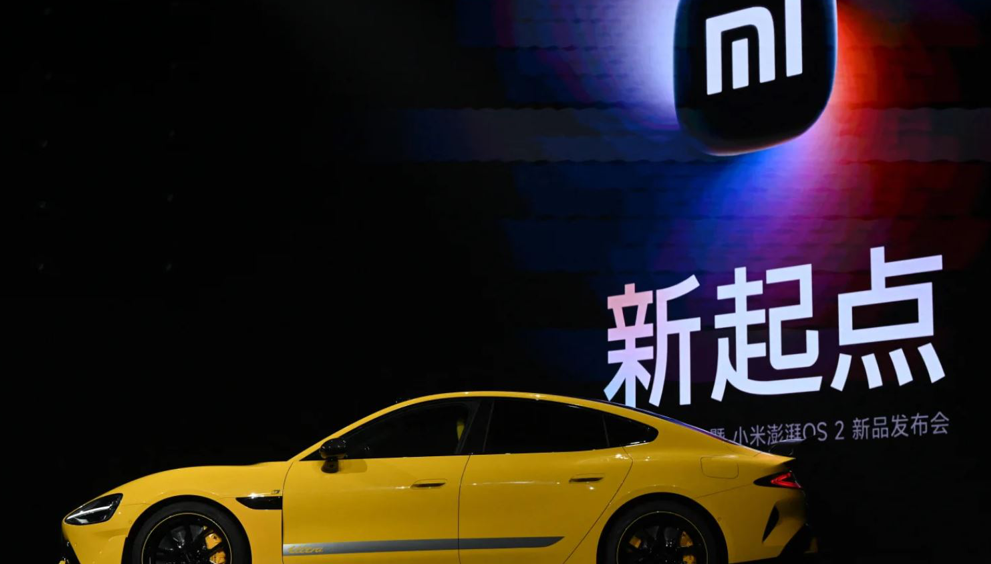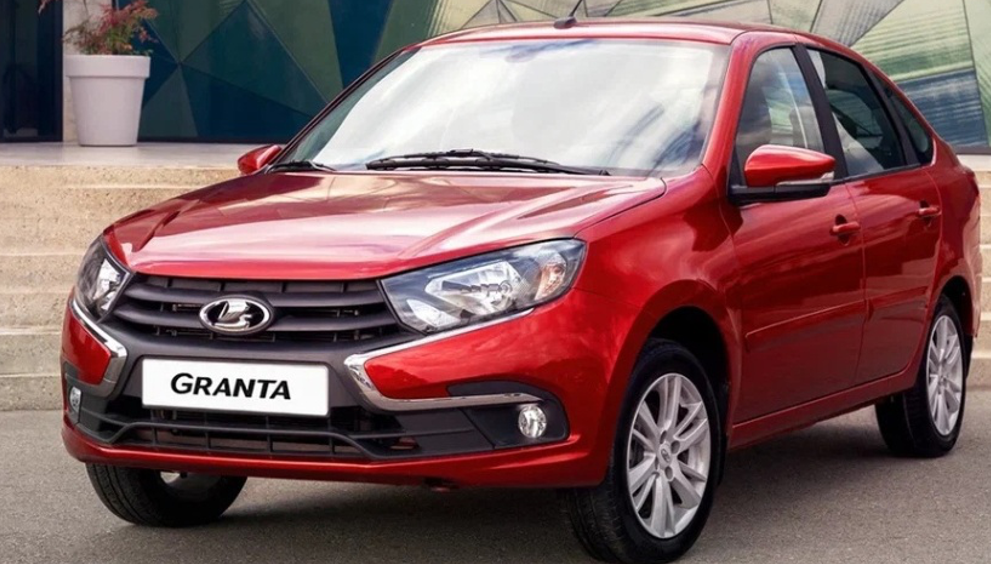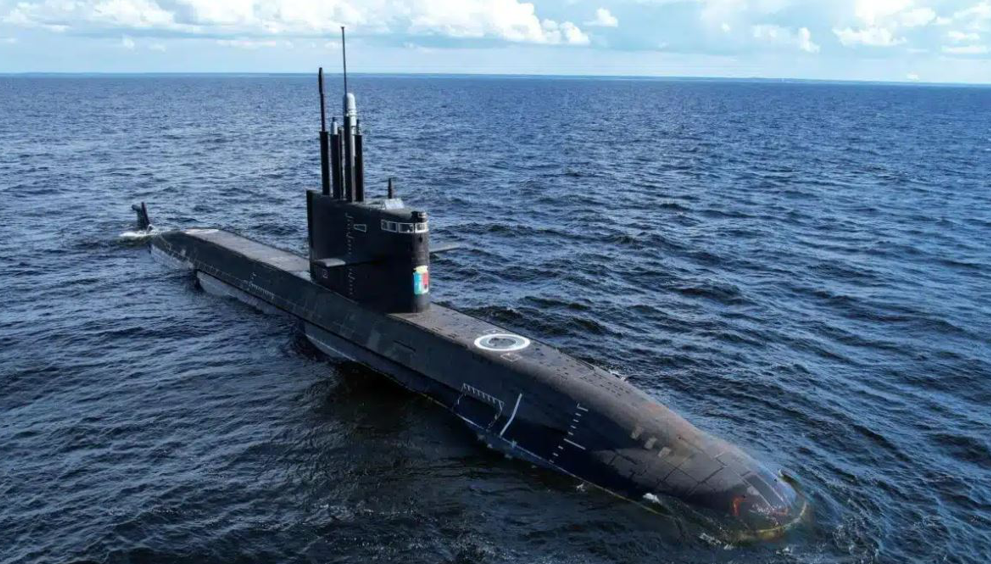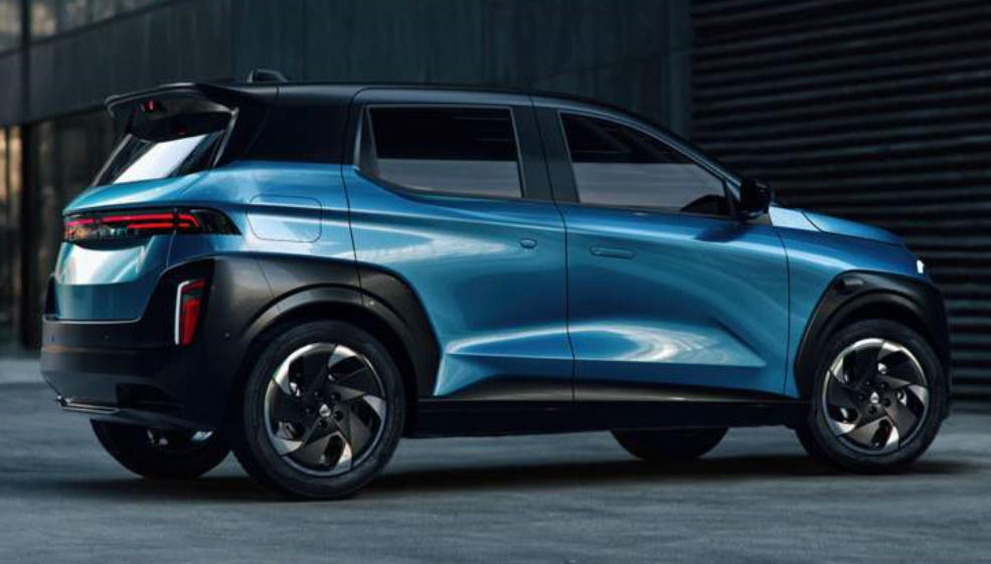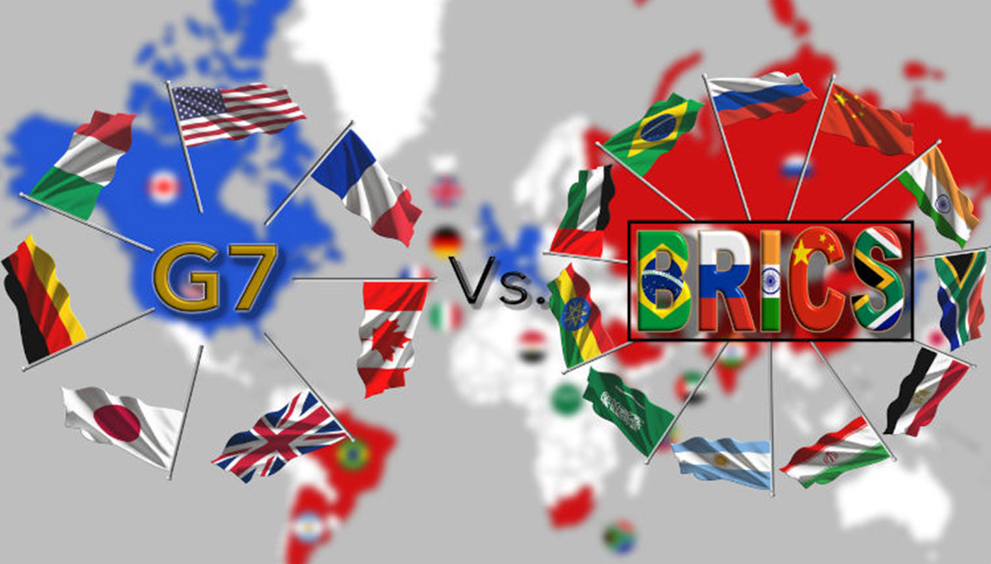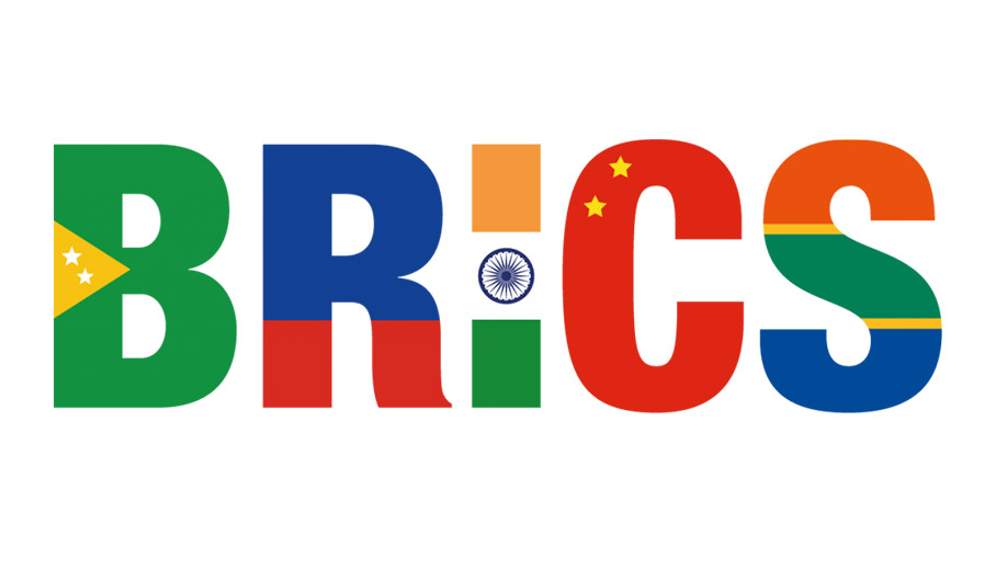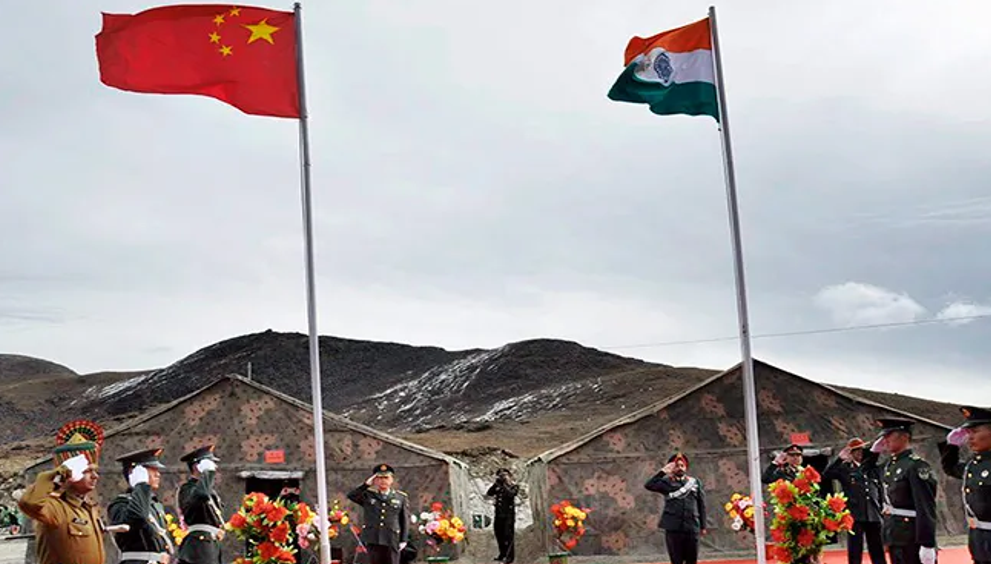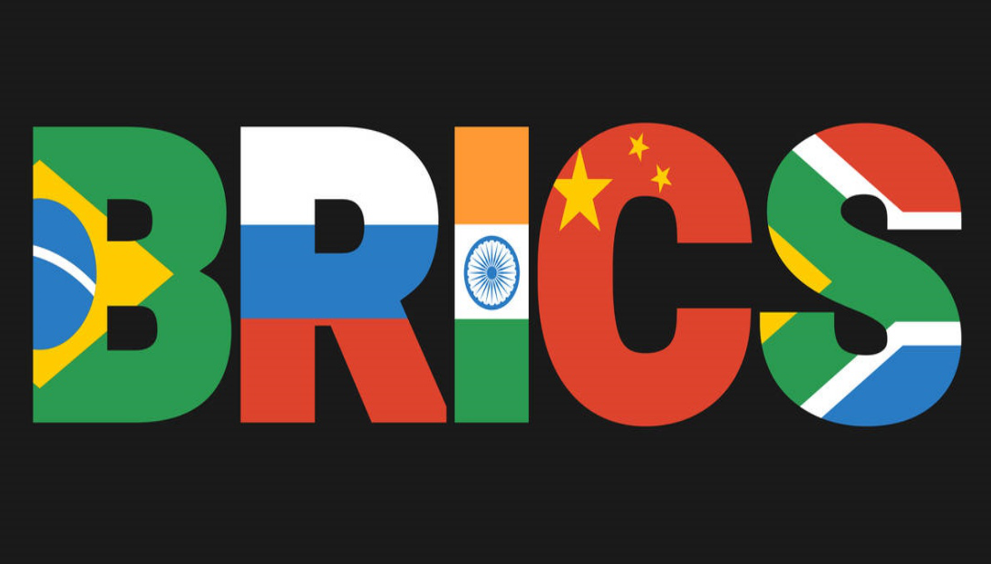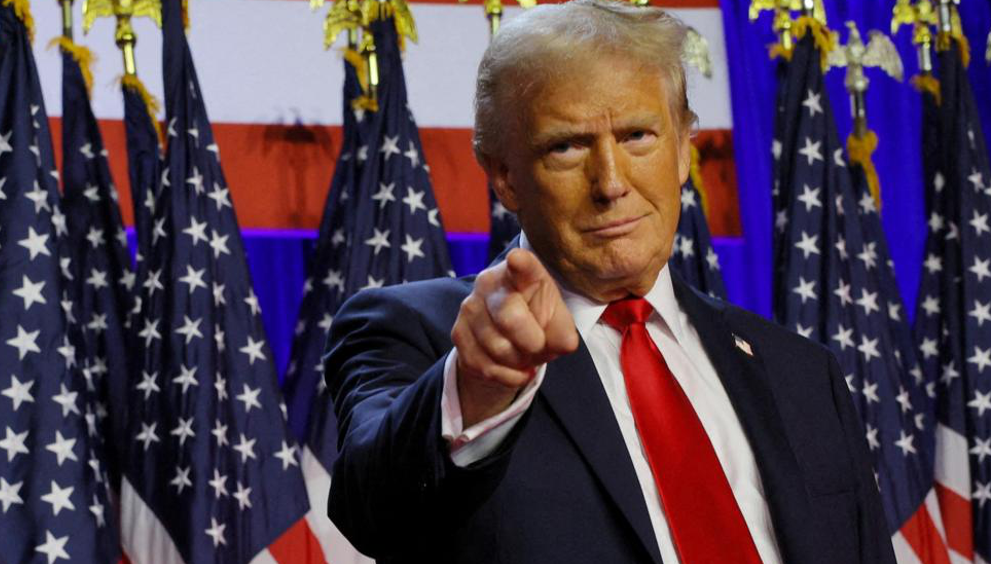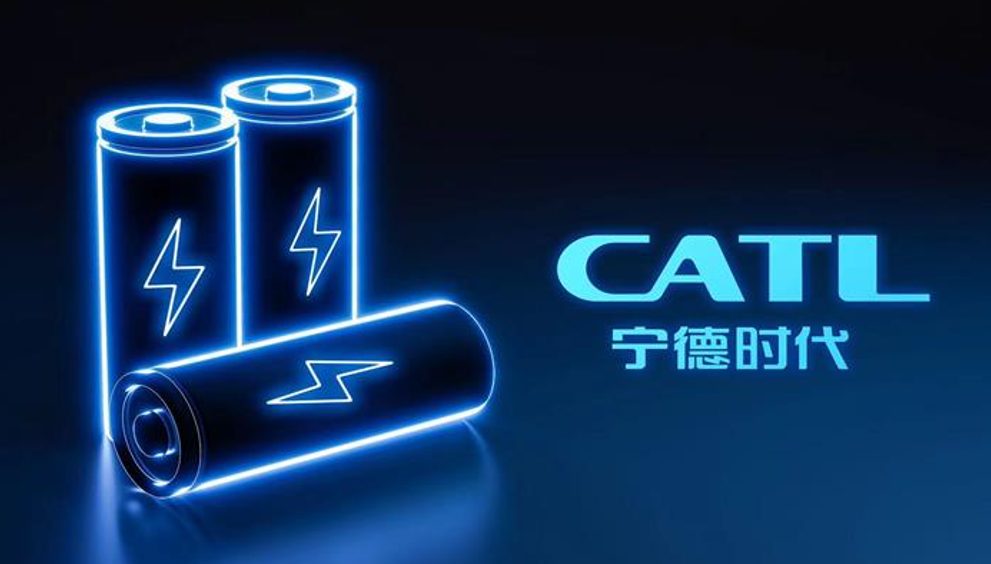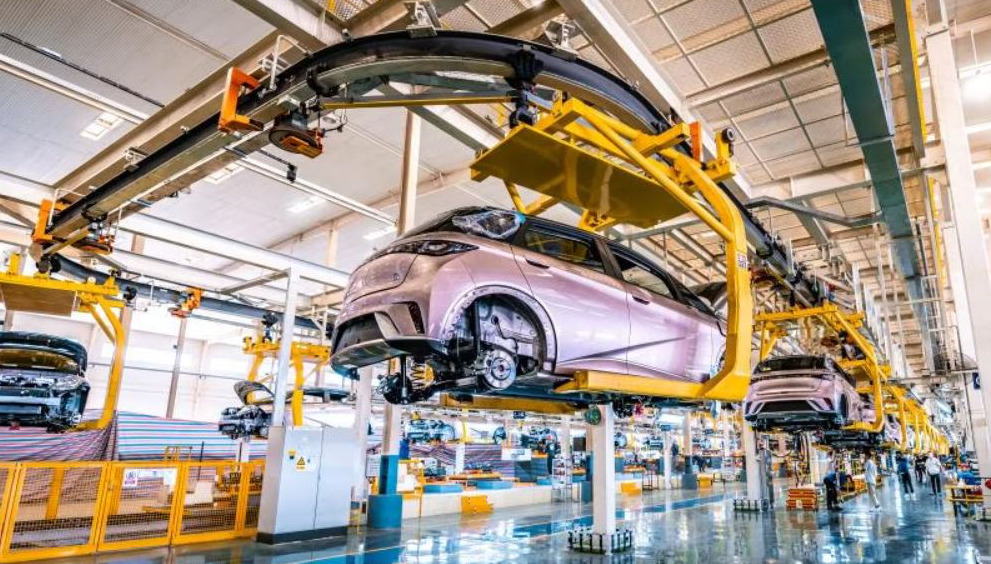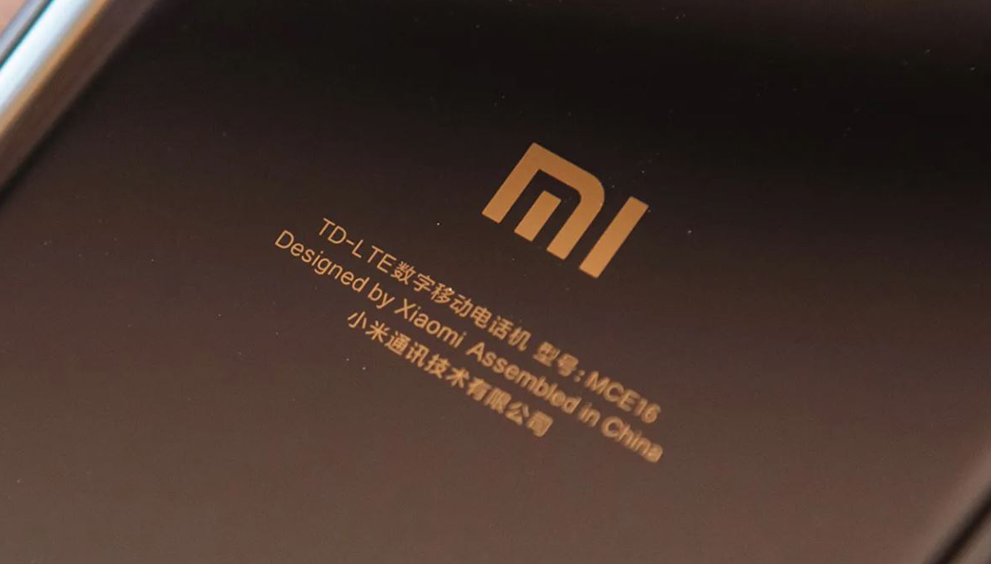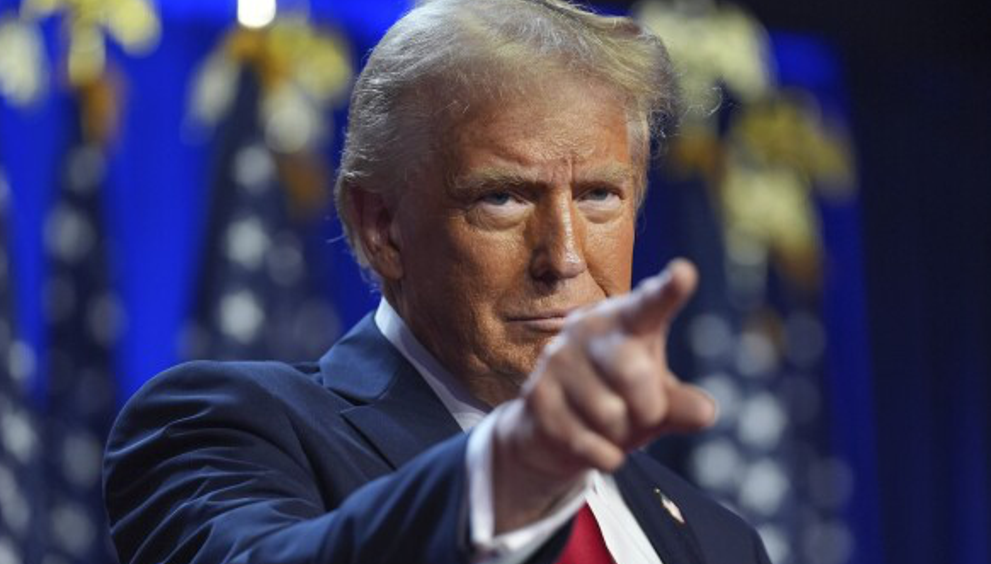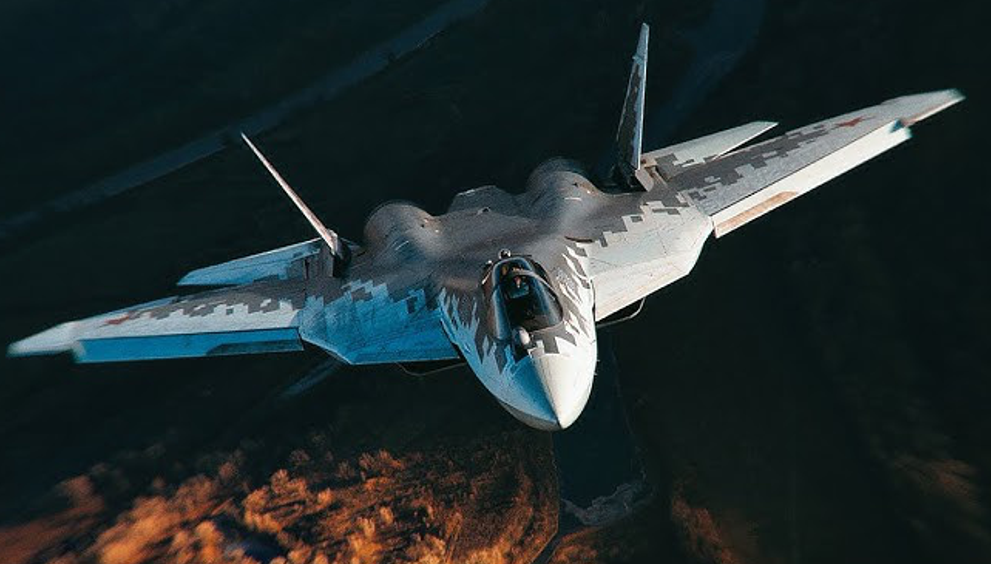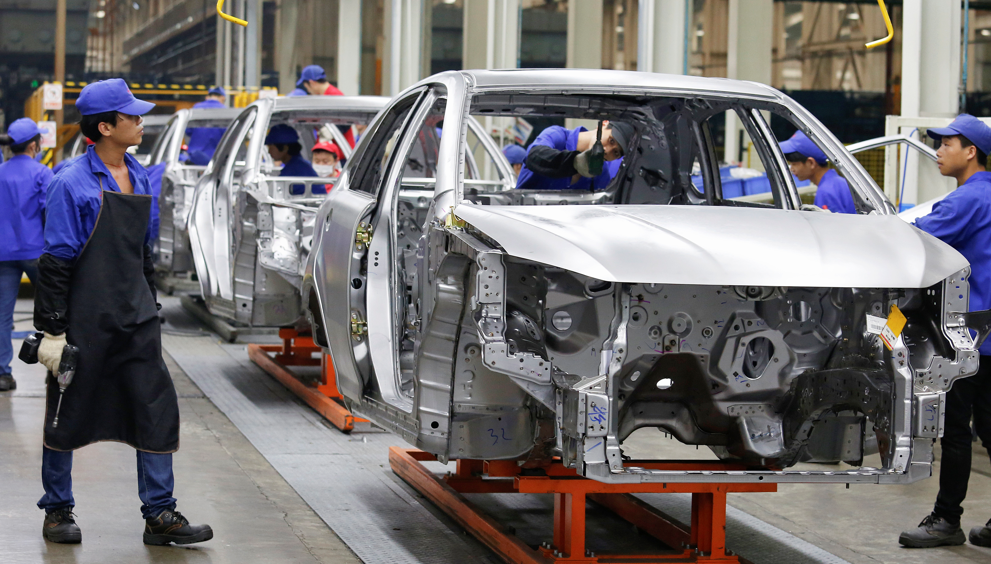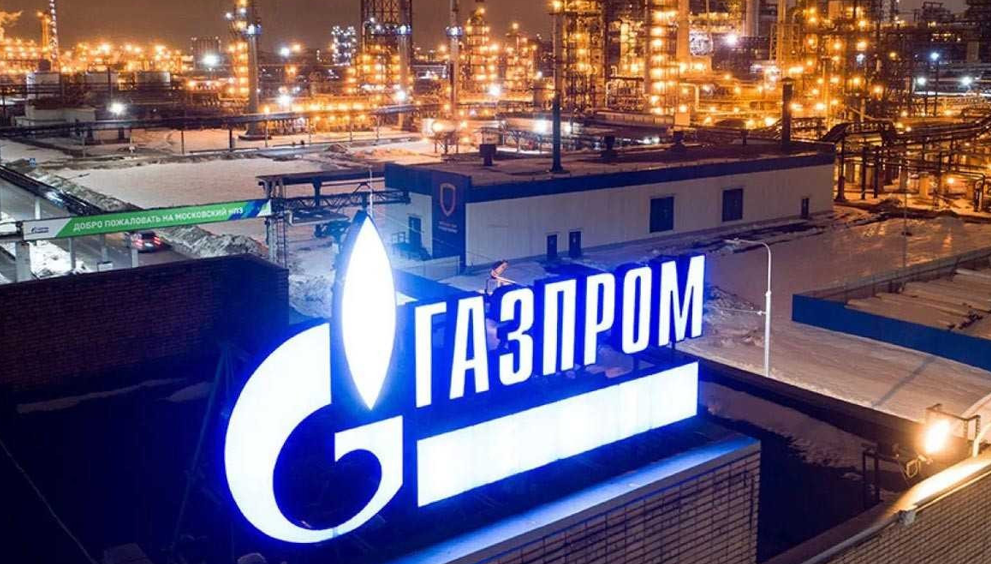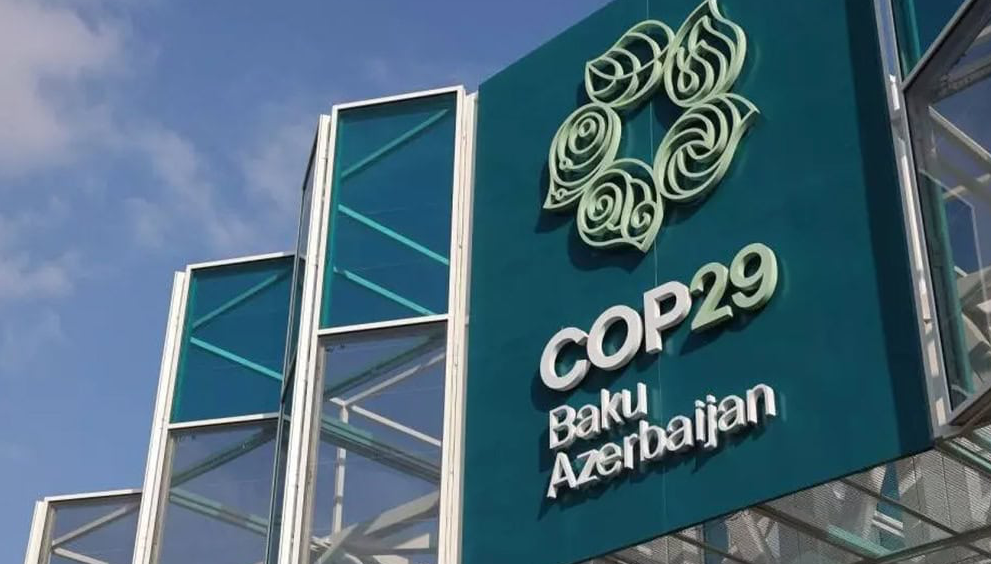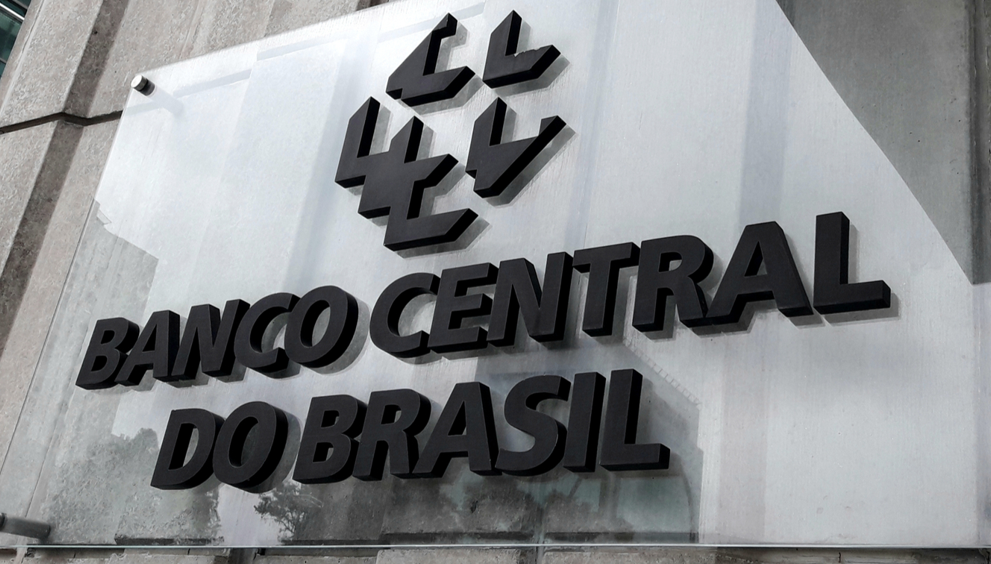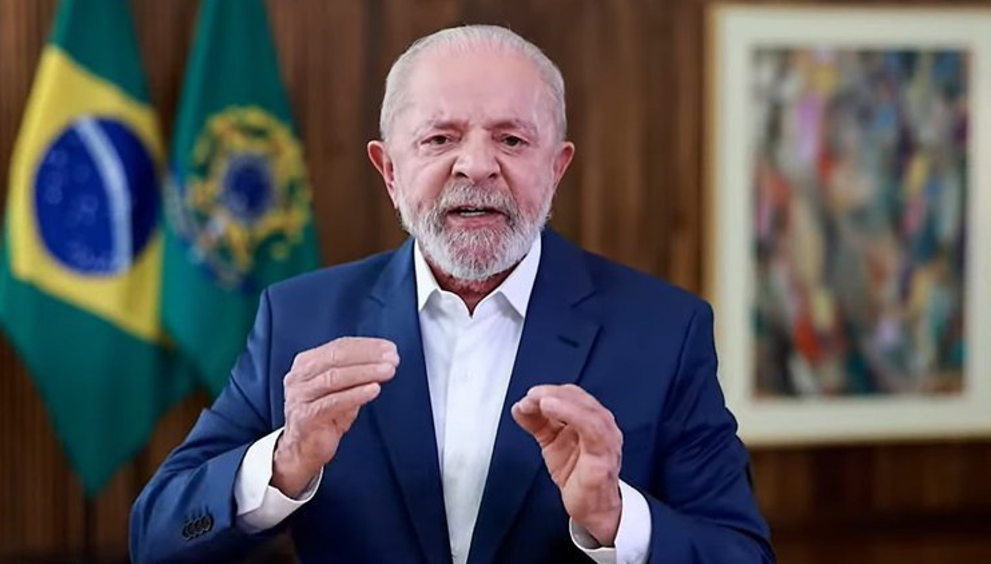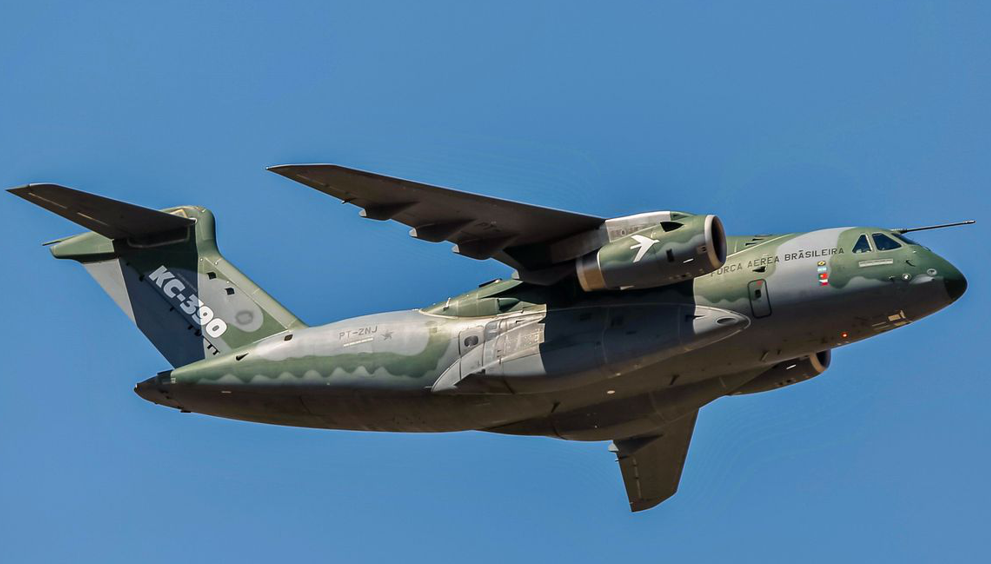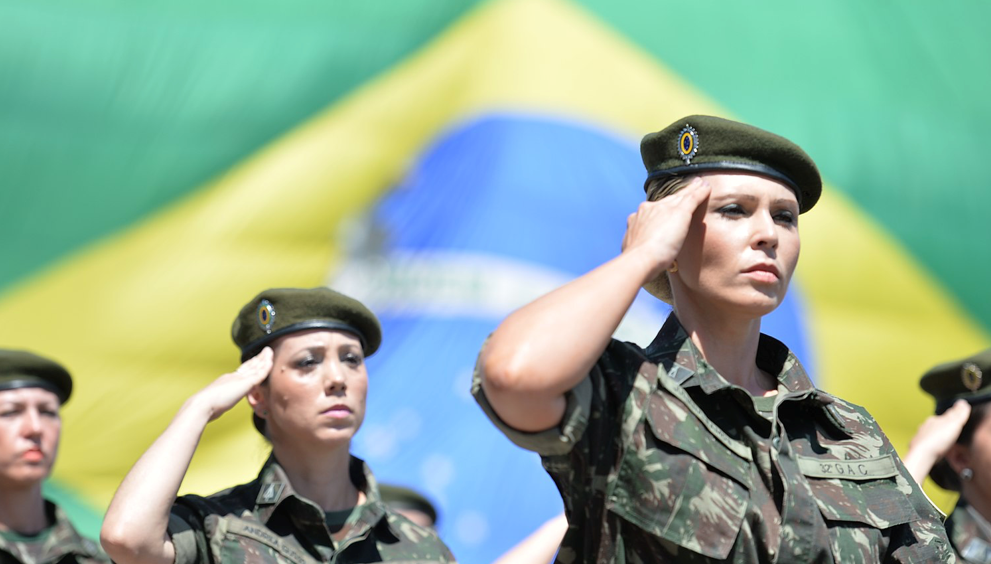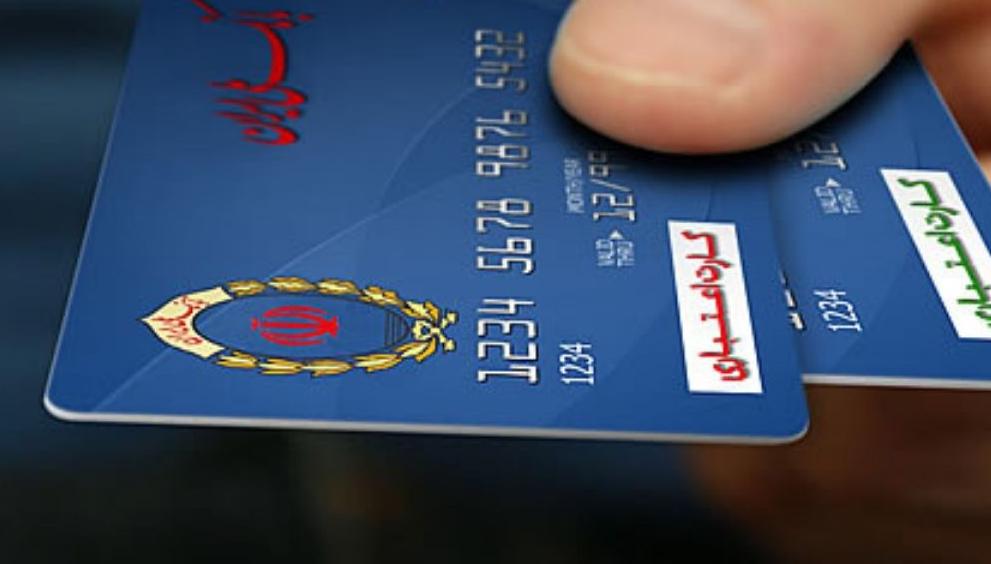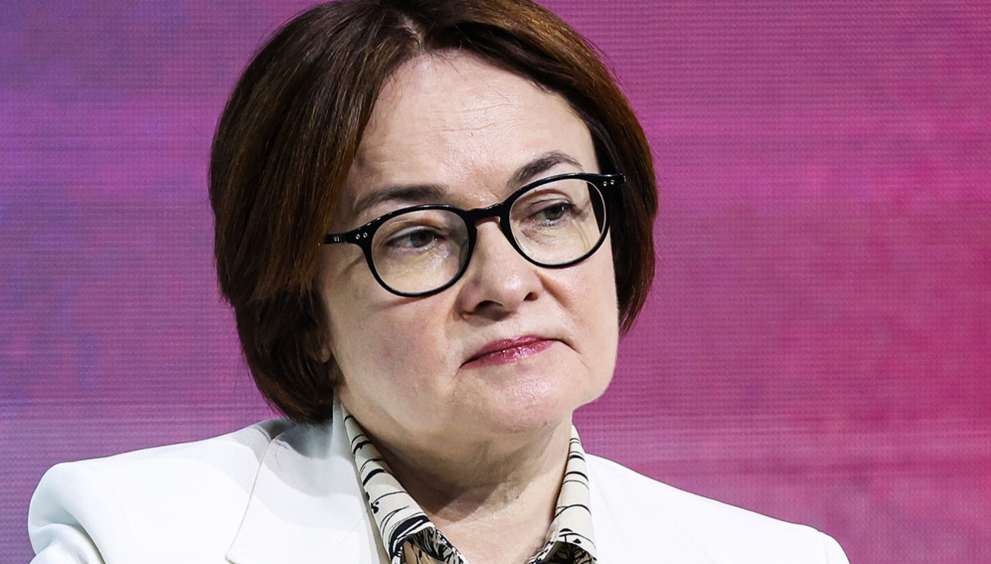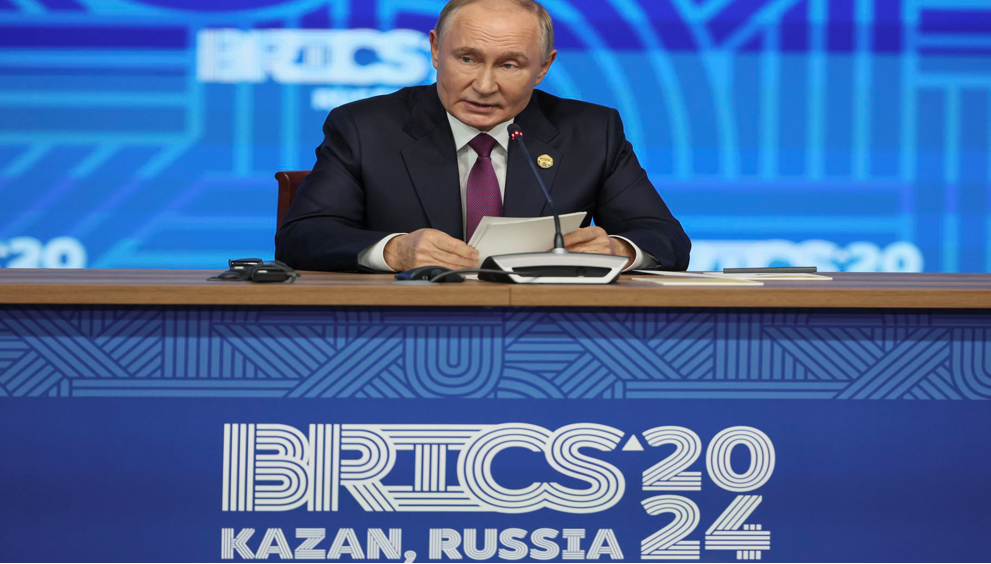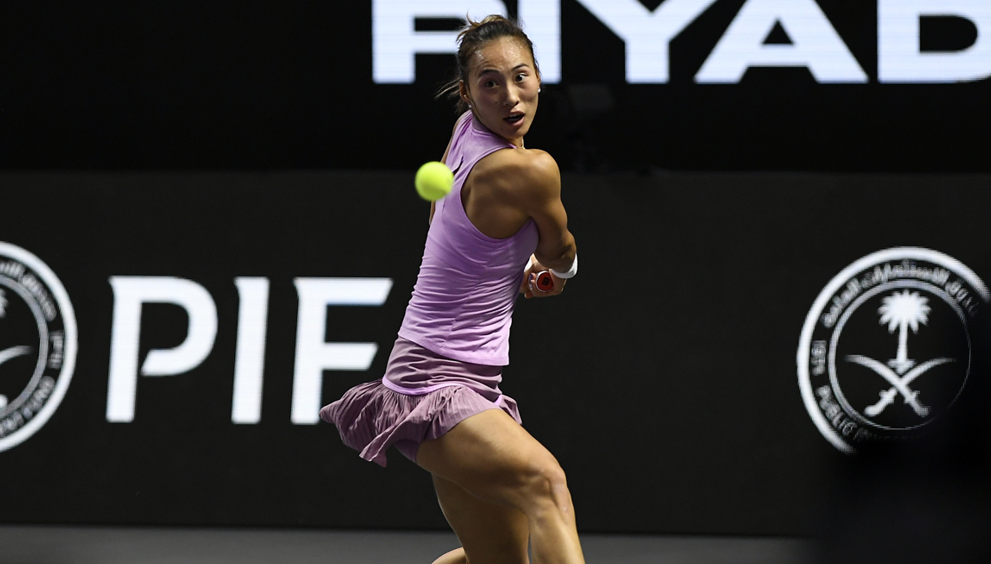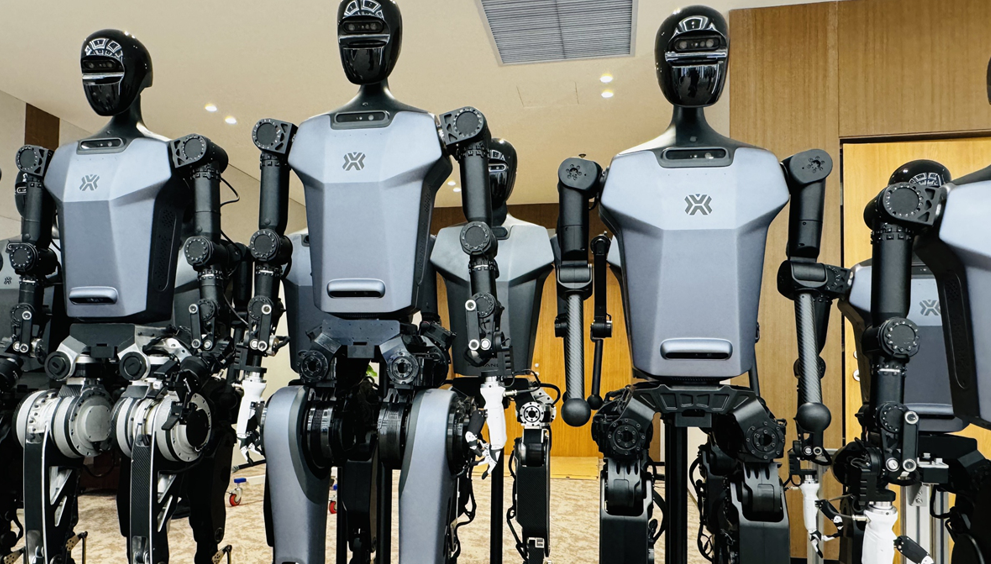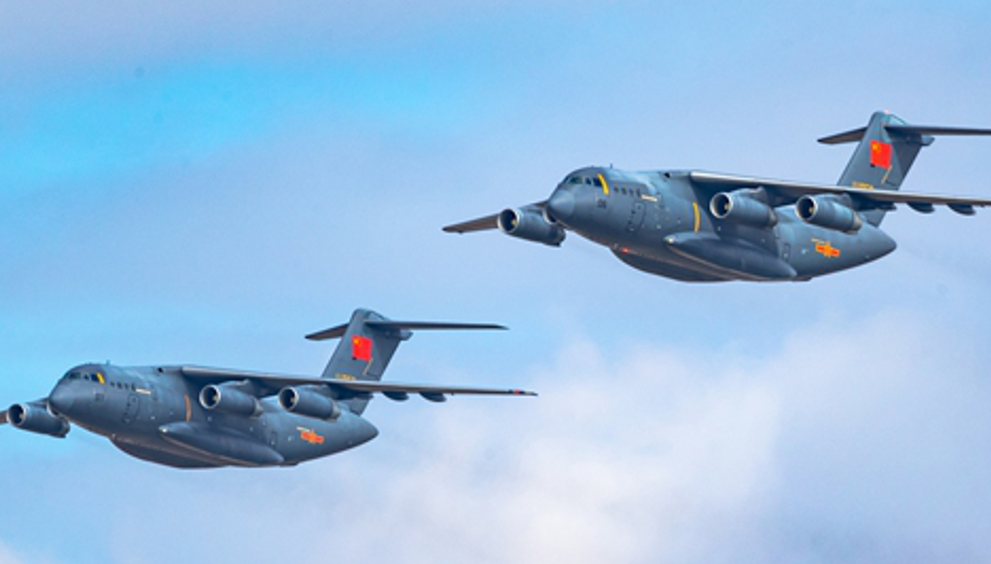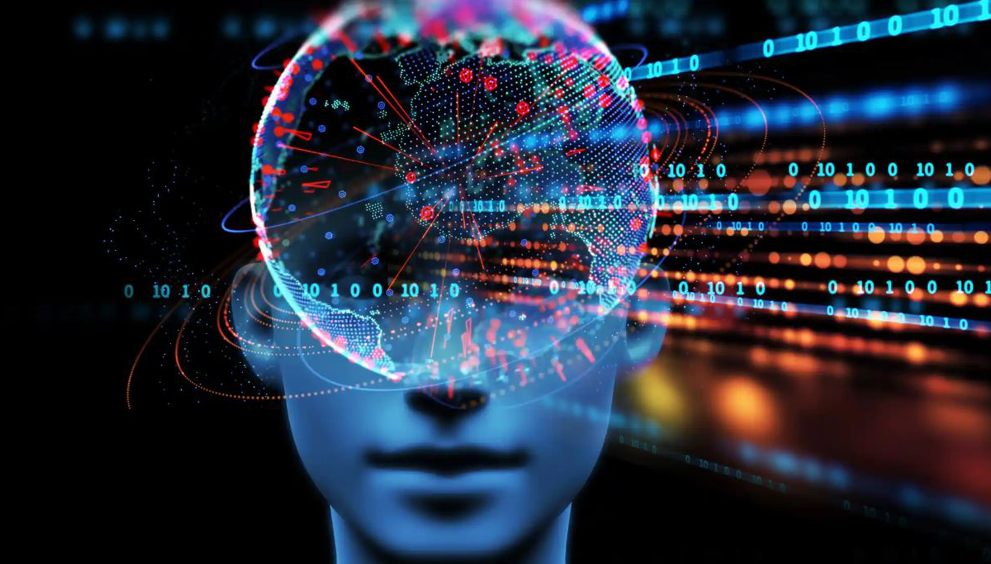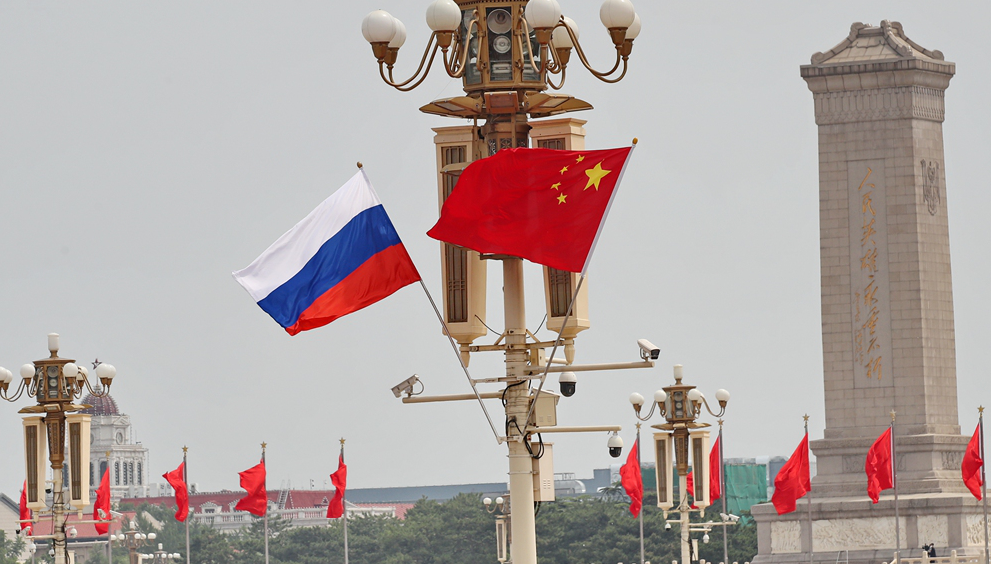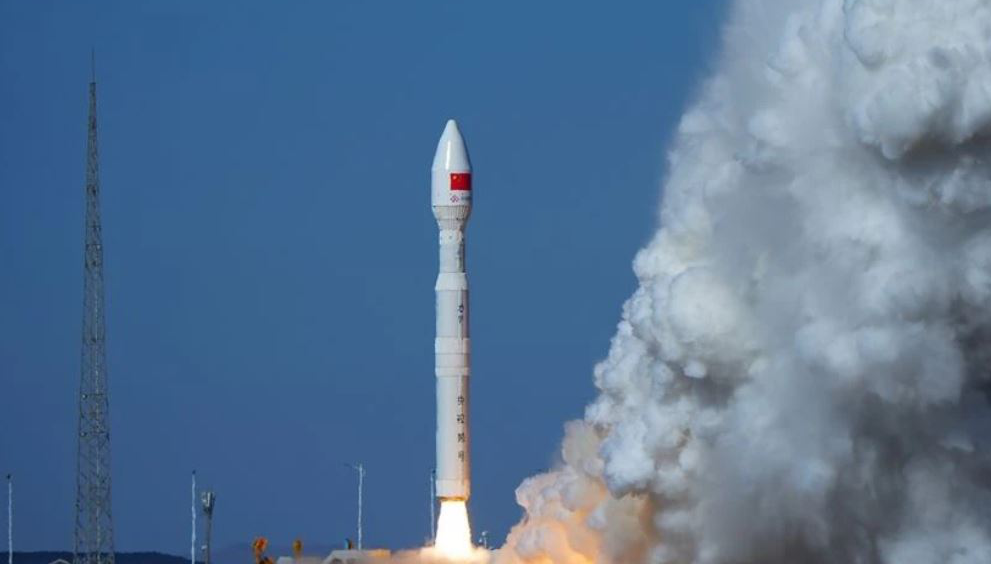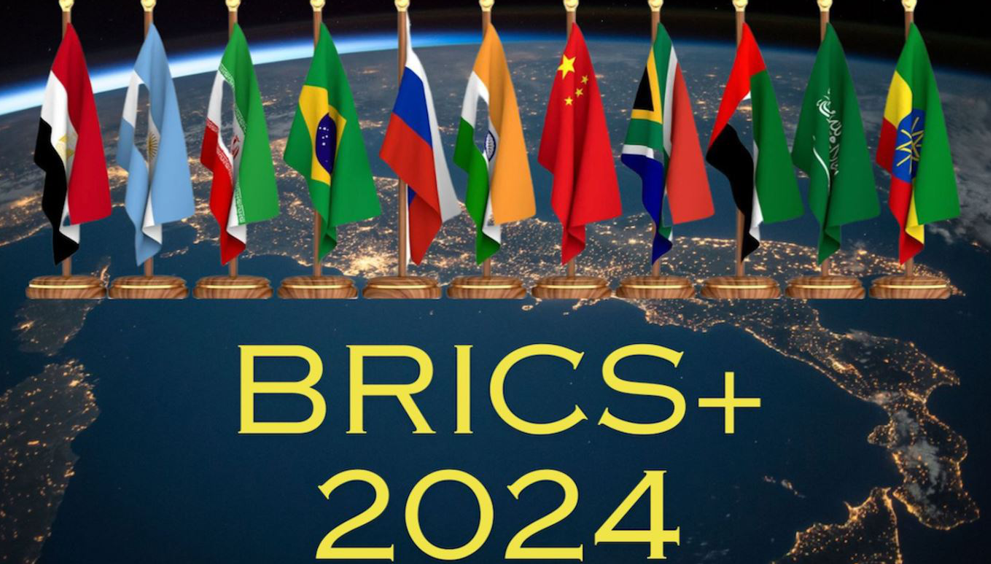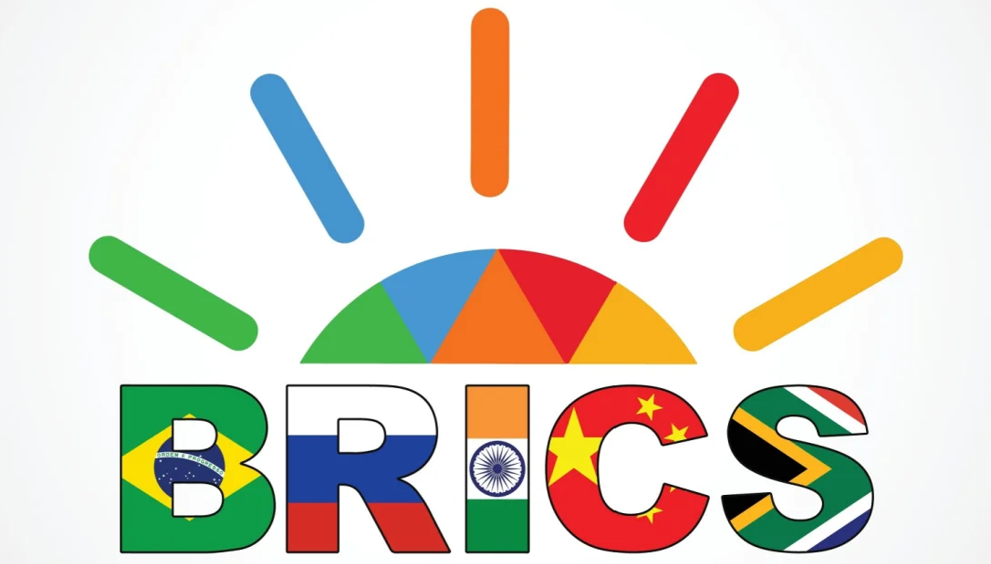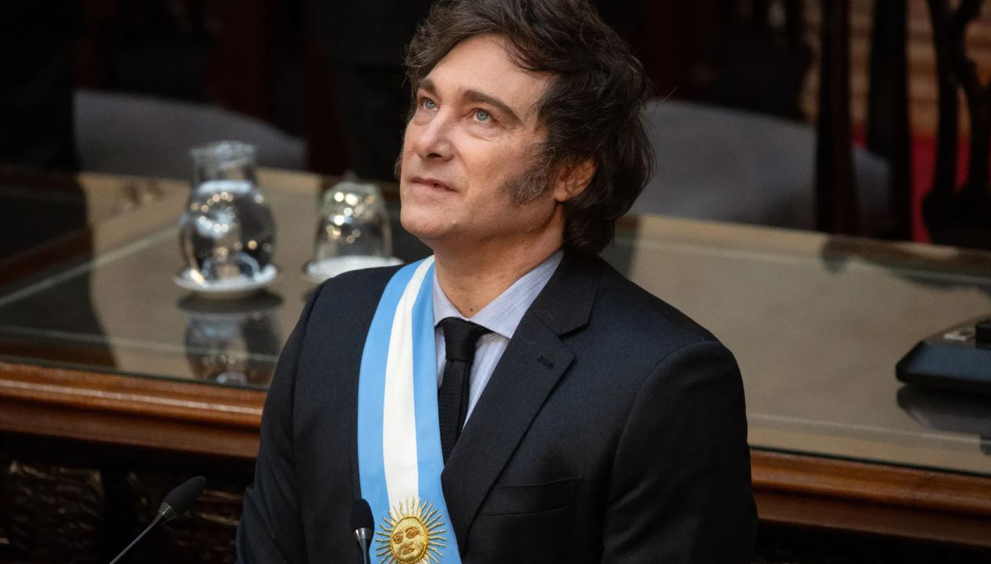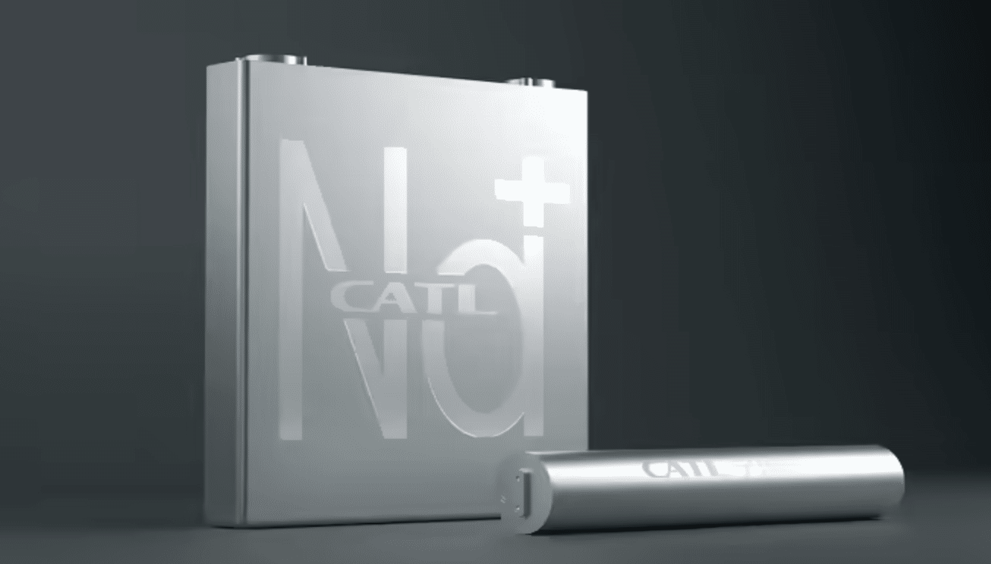Russia Taps BRICS Partners for Collaborative AI Development Projects
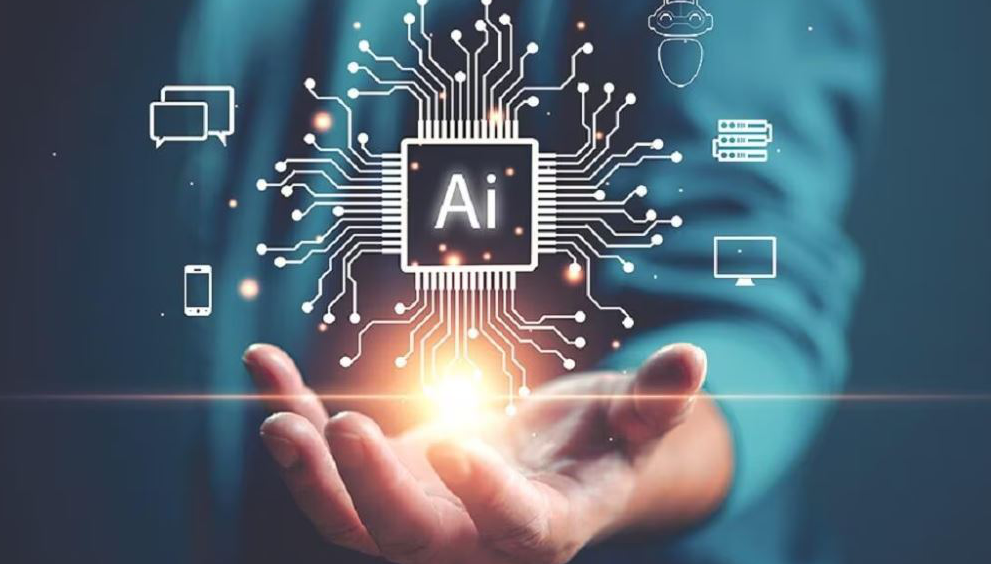
Russia is pushing for a major comeback in the global tech race, leaning on its BRICS+ partners to build a united front in artificial intelligence (AI) development.
President Vladimir Putin, speaking at Moscow’s flagship AI , announced the formation of the AI Alliance Network. The initiative will connect national AI associations and development institutions from BRICS nations and other countries like Indonesia and Serbia.
This decision is all about challenging US dominance in one of the 21st century’s most critical technologies.
“Russia must participate on equal terms in the global race to create strong artificial intelligence,” Putin declared. He called on scientists worldwide to join the collaboration, pitching the alliance as a global platform for AI innovation and regulation.
The AI struggle under Western sanctions
Western sanctions have targeted Russia’s access to advanced technologies, especially GPUs—the essential microchips powering AI. As part of the coordinated action, major chip manufacturers have cut off exports to Russia, stifling its tech growth.
Sberbank, Russia’s biggest lender and AI pioneer is leading the charge to overcome these obstacles. Its CEO, German Gref, acknowledged in 2023 that GPUs were the hardest hardware to replace, underscoring a key bottleneck in Russia’s AI aspirations.
Sberbank’s own generative AI model, GigaChat, and Yandex’s YandexGPT are examples of domestic innovation, but the lack of cutting-edge hardware has slowed their progress.
Despite these challenges, the newly formed AI Alliance Network is pulling together AI associations from BRICS and non-BRICS countries to share resources, conduct joint research, and create AI regulatory frameworks. Sberbank announced that the network will also open new markets for AI products within member countries.
Global AI race heats up
The United States and China remain the dominant players in AI, with President-elect Donald Trump doubling down on America’s tech supremacy.
Trump recently introduced a “White House AI and Crypto Czar” to keep the US ahead of the curve, while warning BRICS countries not to create a currency alternative to the dollar. He even threatened 100% tariffs if they did.
Putin’s pivot to China is a strategic response. Russia has developed its own generative AI models, making it one of 10 countries (including the US, China, Britain, and Israel) actively competing in the field.
Moscow-based consultancy Yakov and Partners, run by former McKinsey employees, believes Russia could grow into a much bigger AI player, despite its current ranking of 31st on the Global AI Index by Tortoise Media.
Economic projections further fuel Russia’s motivation. The government estimates AI could add 11.2 trillion roubles ($109 billion) to the GDP by 2030, a massive leap from 0.2 trillion roubles ($1.9 billion) in 2023.
The AI strategy also reportedly wants to upskill 80% of the workforce with AI knowledge by 2030, compared to just 5% today. Investment in AI is expected to rise sevenfold, hitting 850 billion roubles.
The currency question within BRICS
While AI collaboration thrives, discussions about a unified BRICS currency remain in limbo. Reserve Bank of India Governor Shaktikanta Das confirmed that no decision has been made to challenge the dollar with a BRICS currency. “The geographical spread of the countries has to be kept in mind,” he said.
Prime Minister Narendra Modi is encouraging the use of the rupee for cross-border payments, positioning India as a manufacturing alternative to China post-COVID. This aligns with the BRICS’ broader goals but hasn’t yet resulted in a formal plan.
Trump’s administration is closely watching these developments. Alongside his AI initiatives, Trump extended a high-profile invitation to Chinese President Xi Jinping to attend his upcoming inauguration.
While Xi has not yet confirmed, Trump’s team is also courting other leaders, including Hungary’s Prime Minister Viktor Orbán. But perhaps inviting Putin would be opening a Pandora’s box the US president doesn’t think is worth it after all.
Cryptopolitan


 English
English 